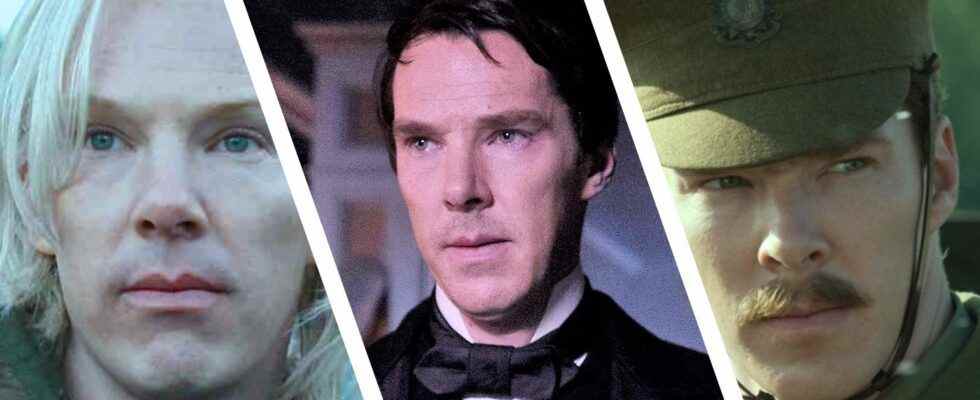Benedict Cumberbatch has proven himself one of the most versatile actors working, but how do his films rank from worst to best? This Academy Award-nominated actor may have hit some snags in his career, but overall, he boasts a filmography as varied and versatile as his talents.
Benedict began his career on the British stage before transitioning into television, breaking out in a big way with 2010’s Sherlock, a show for which he’s been nominated for four Emmy Awards, finally winning one in 2014. That show’s popularity gave rise to a Cumberbatch fandom, and soon the actor found himself a fixture in multiple franchises, eventually donning the cloak of Doctor Strange in the Marvel Cinematic Universe.
Cumberbatch seems to have had little trouble transitioning from franchise fare to serial television to prestige cinema. Whether playing Star Trek‘s wrathful Khan or The Hobbit‘s dragon Smaug, he’s an actor who radiates both intelligence and warmth, communicating a charming arrogance that can also give way to remarkable pathos. Here are his most major films, ranked from worst to best. Not included in this ranking are movies where Cumberbatch plays a small, unnamed role such as To Kill a King, made-for-TV movies like Starter for 10, and very small independent releases like Burlesque Fairtytales and Four Lions.
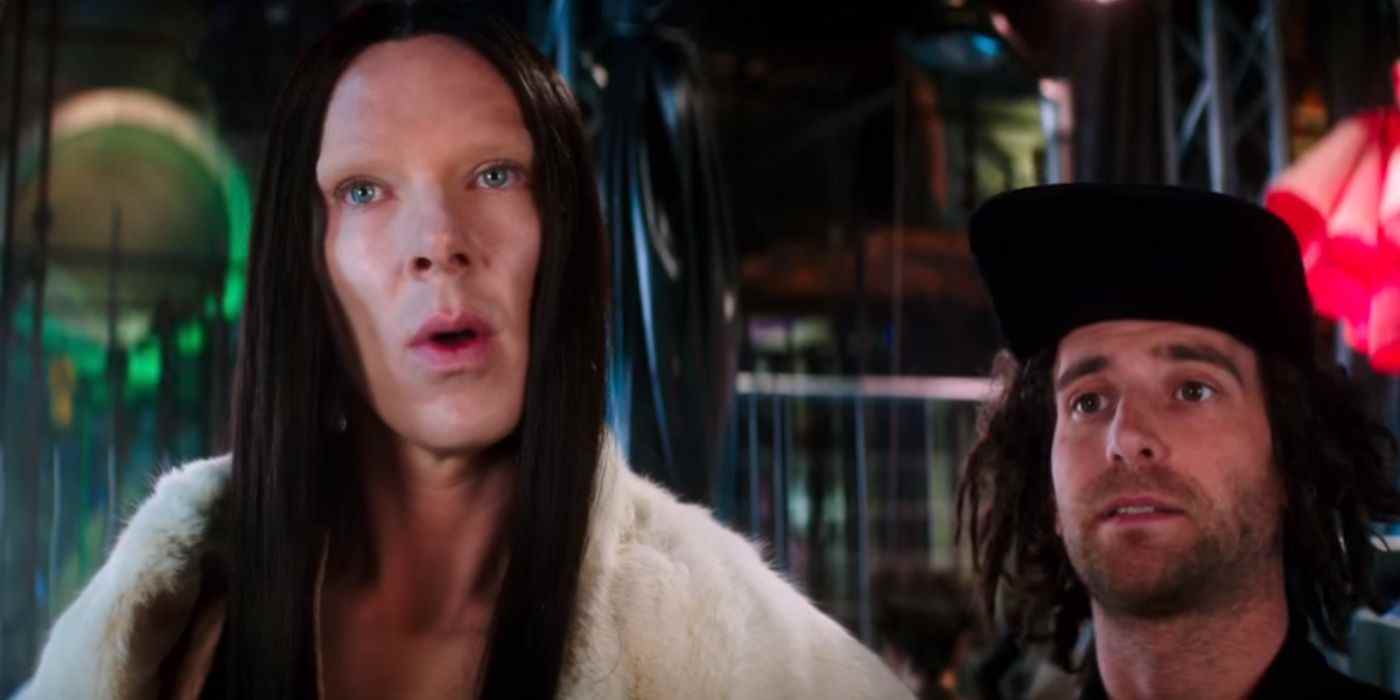
This much-anticipated sequel to the 2001 cult comedy about dim-witted male model Derek Zoolander made its biggest mistake by releasing 15 years after the original and refusing to evolve with the times. Nowhere is that more evident than in Benedict Cumberbatch’s cameo as non-binary supermodel All, which was correctly slammed for being transphobic. Co-writer Justin Theroux pushed back, calling the character “satire,” but where the incisive commentary resides in a scene which has Owen Wilson asking if All has “a hot dog or a bun” remains to be seen.
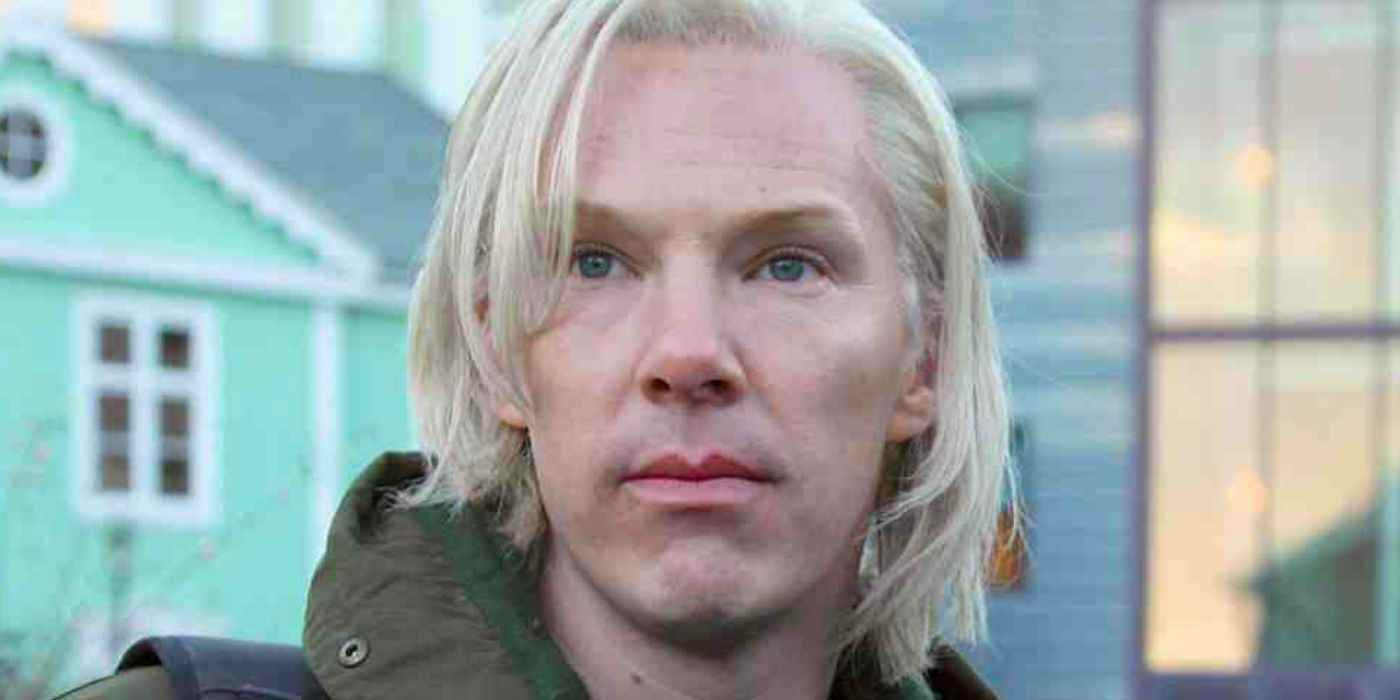
Director Bill Condon nabbed Cumberbatch to play Julian Assange in this ripped-from-the-headlines WikiLeaks film, and prior to its release it seemed primed to be a major Oscar contender. Alas, the resulting film was a critical and commercial dud and for good reason: its intriguing and controversial subject is squandered in a rote, plodding film that’s barely even worth watching for Cumberbatch’s fairly compelling central performance.
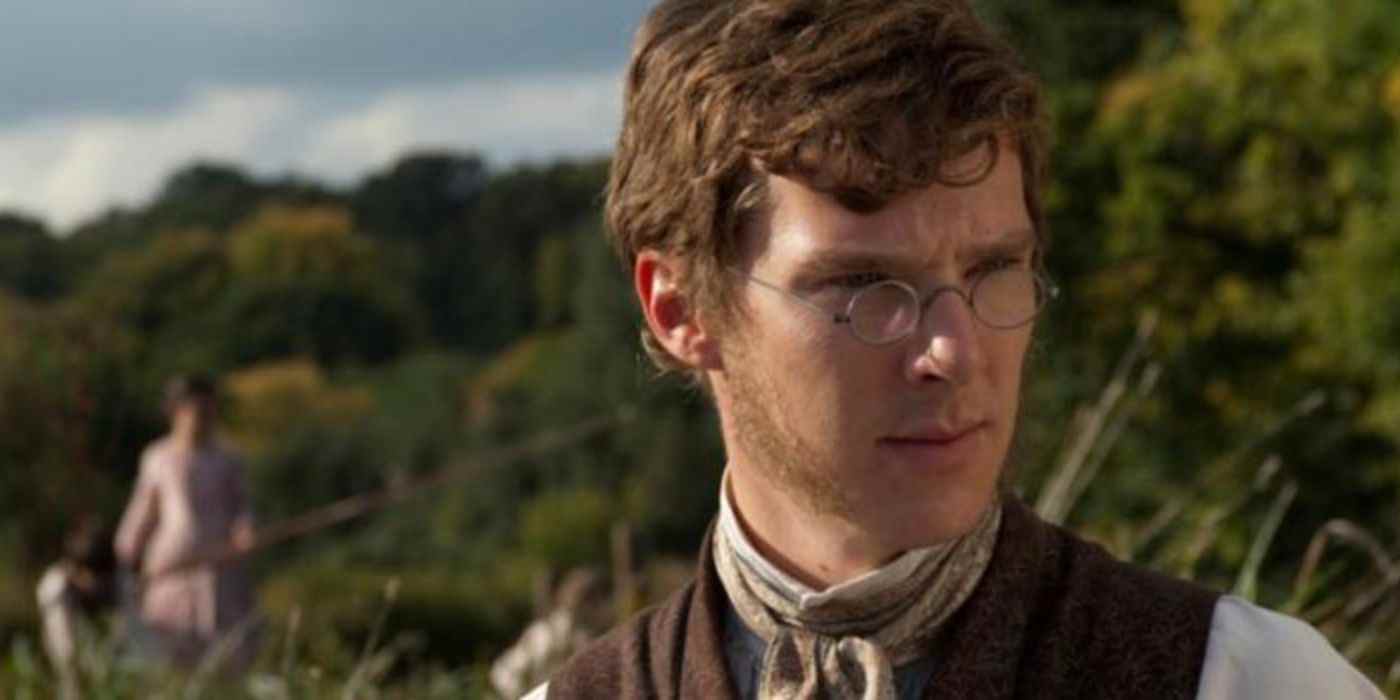
In 2009, Benedict Cumberbatch appeared in Creation, a biopic starring fellow MCU actor Paul Bettany as legendary scientist Charles Darwin. Creation was generally regarded as a middling effort by both critics and audiences, although the performances of the cast received praise, especially Bettany. Cumberbatch played the supporting role of John Dalton Hooker, a close friend of Darwin’s and a fellow scientist.
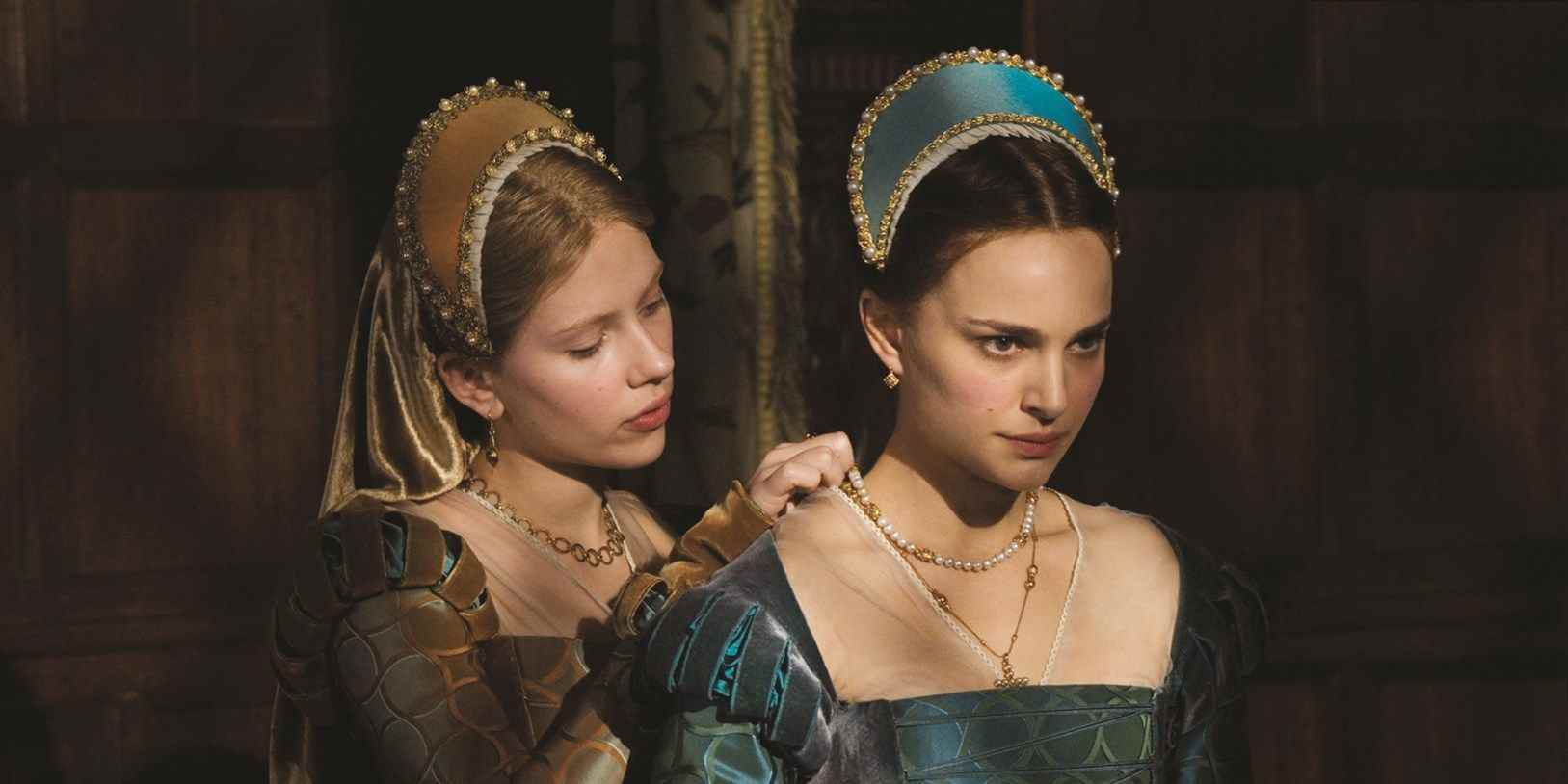
Cumberbatch was right on the verge of breaking out in Sherlock when he played a small role here as the husband of King Henry VIII’s mistress, Mary Boleyn. He’s in good company, surrounded by a cast including Natalie Portman, Scarlett Johansson, Eric Bana, Kristin Scott Thomas, and Mark Rylance. However, Justin Chadwick’s costume drama plays more like a highly-produced CW episode edited within an inch of its life, all flash and little substance.
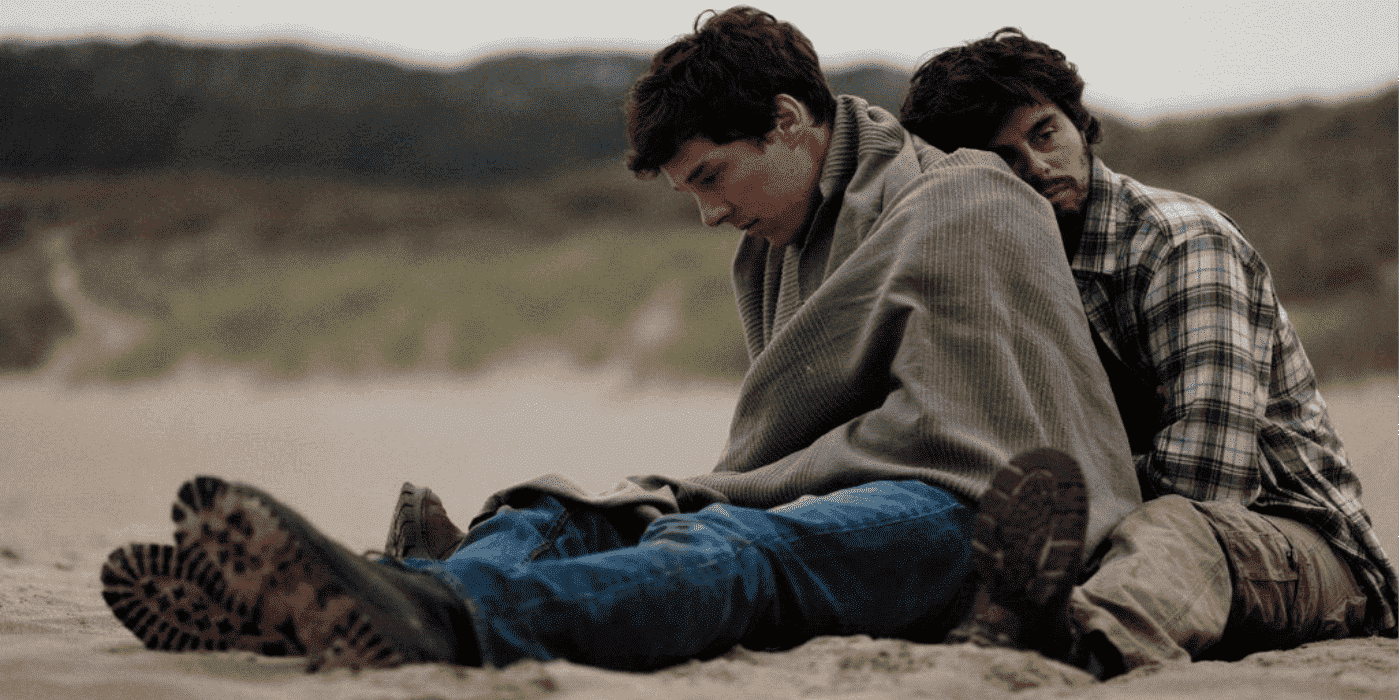
This heartwrenching tale about a dying young man taking one last trip with his friends to the beautiful Barafundle Bay has a sentimental streak only partially undercut by Cumberbatch’s bitter and brittle lead performance. It’s a film that revels in the melodramatic and the morbid, but its ending still manages to be palpably emotional.
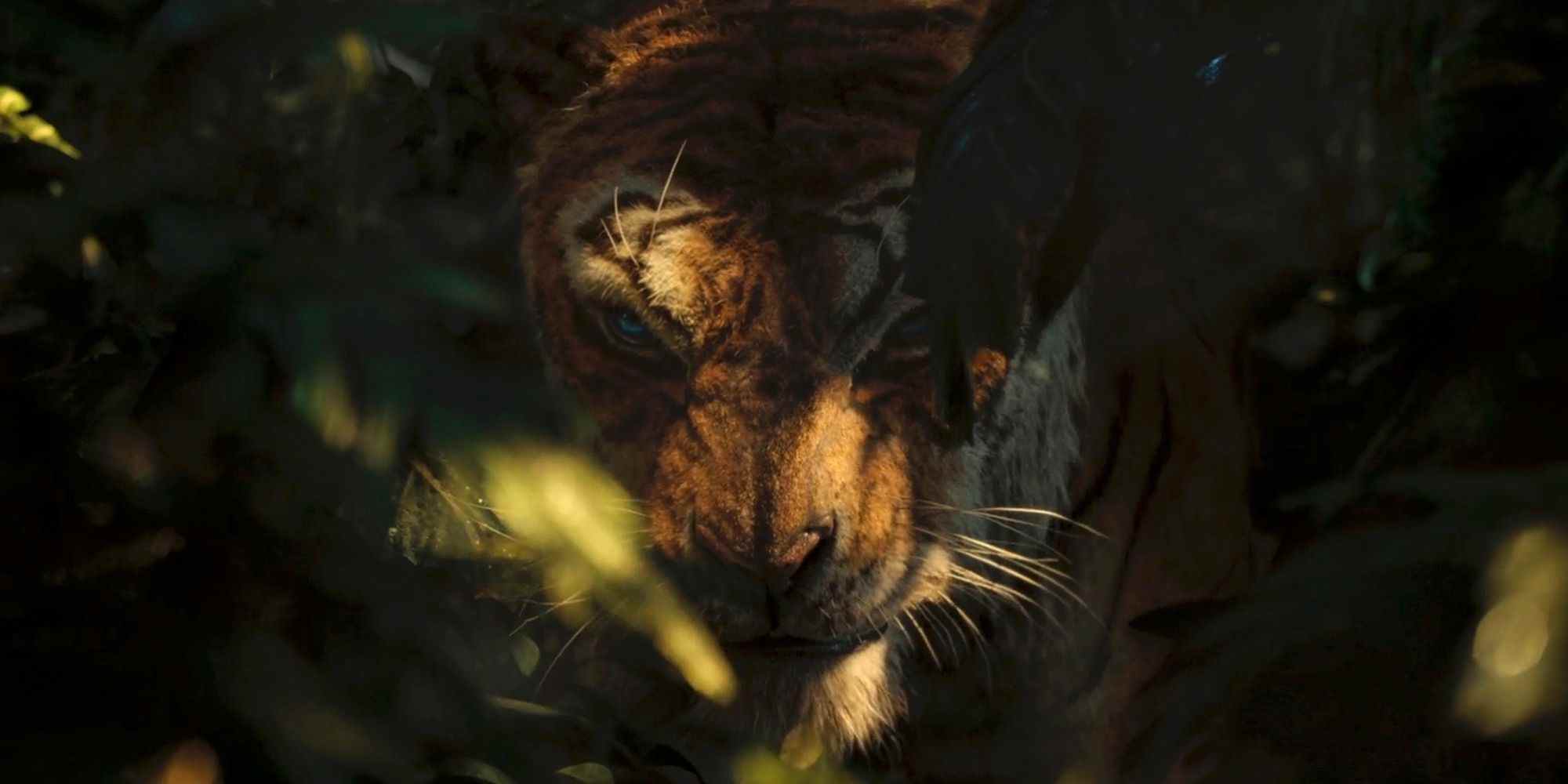
Not to be confused with Jon Favreau’s 2016 Disney remake, Mowgli: Legend of the Jungle is Andy Serkis’ darker and considerably bloodier take on the Rudyard Kipling Mowgli stories. Benedict Cumberbatch joins an all-star cast voicing the villainous tiger Shere Khan, but the film too often struggles to find its footing. Despite cutting-edge technology, the visual effects still unfortunately pale in comparison to those of the recent Disney version, and its brutish violence makes it decidedly not kiddie fare, while simultaneously lacking in the complexity that would appeal to adults.
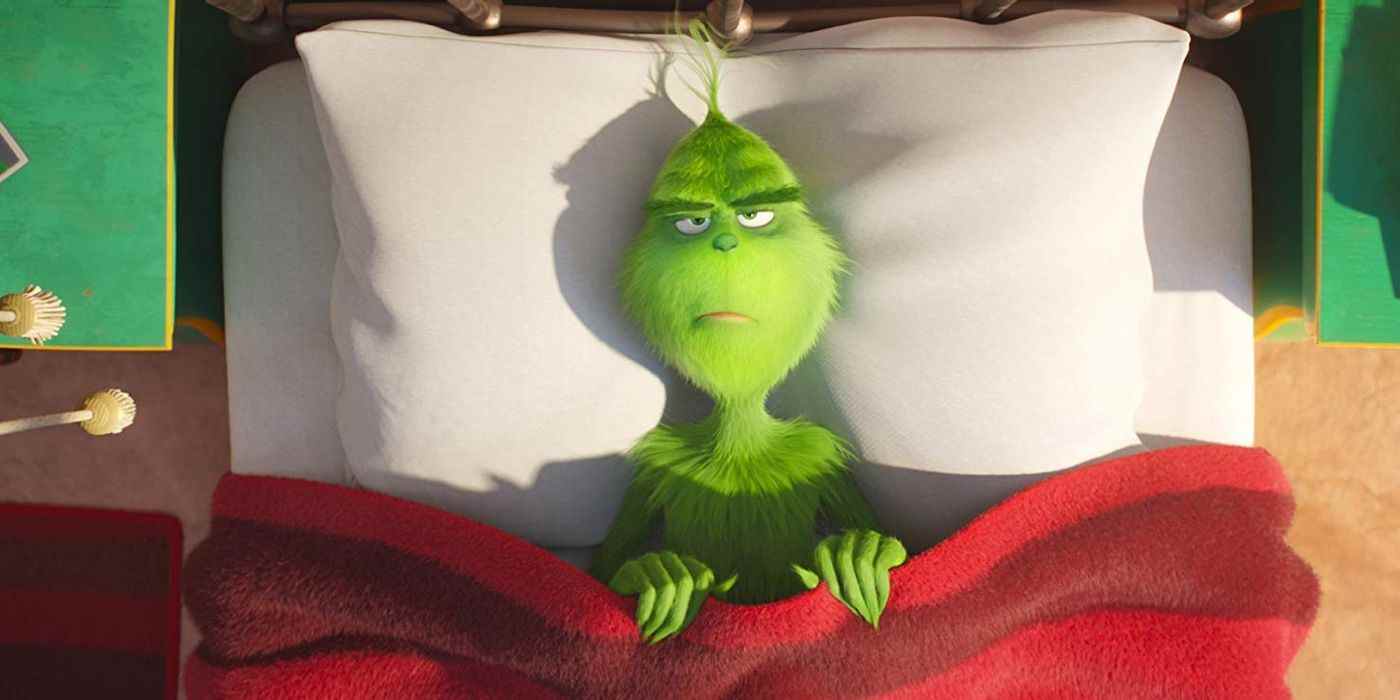
This fairly pointless animated take on the classic Christmas story from Illumination Studios seems to only exist to introduce the tale to a new generation. Simultaneously, The Grinch makes many of the same mistakes as the infinitely-polarizing 2000 live-action Grinch, chief among them shoehorning in random contemporary flair to a story that should feel, above all else, timeless. The result is a film that attempts to straddle the line between that version and the 1966 television special, all the while lacking the nonsensical bravura of Jim Carrey’s turn in the former and the instant classic status of the latter.
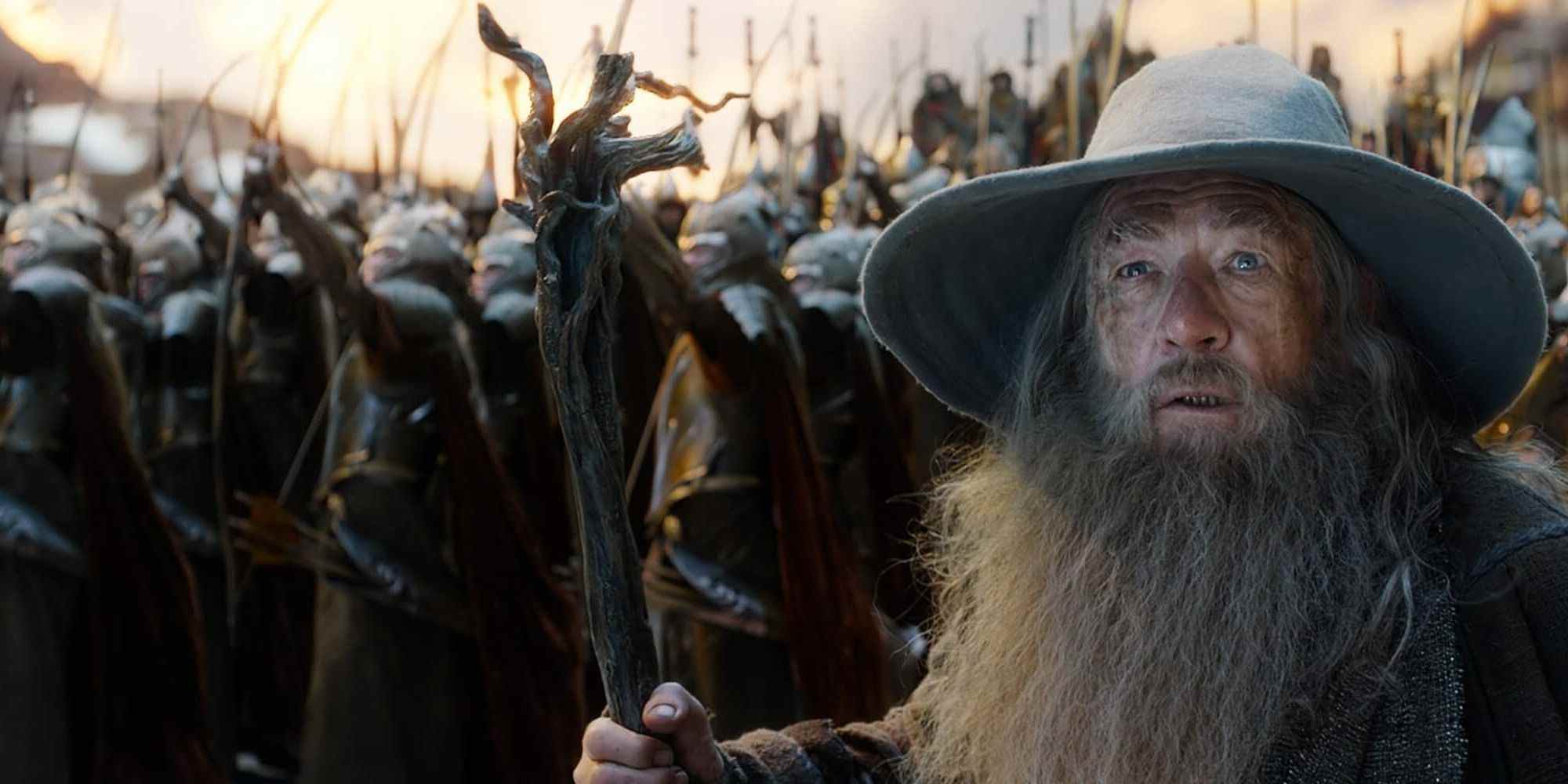
Benedict Cumberbatch’s Smaug is dispensed with fairly quickly in a Bond-esque cold open, ceding the rest of the running time to a bloated CGI-fest that takes the common Hobbit film criticism (that it’s needlessly drawn-out from a simple children’s story) and puts it on steroids. Peter Jackson certainly has his fun staging a film-long battle, particularly in the Extended Edition, but this whole thing feels like an overblown coda to a tale that should’ve wrapped up hours ago and a painful reminder that Guillermo del Toro probably would’ve done Hobbit better.
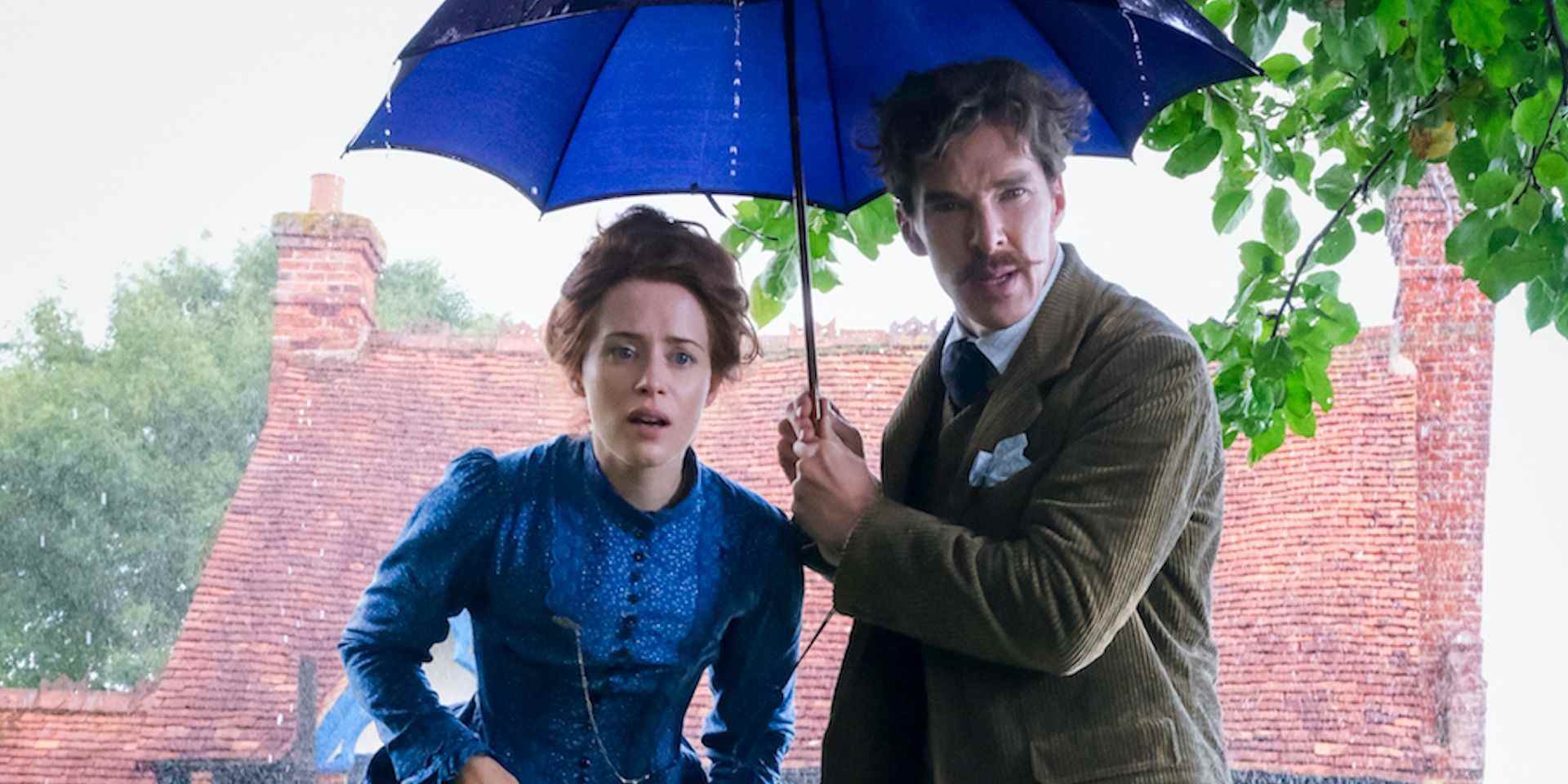
The Electrical Life of Louis Wain was released in 2021 on Amazon Prime Video, and functions as a dramatized biopic of the titular man (played by Cumberbatch), a late-19th-century artist that became famous for his strange paintings featuring cats. Both critics and audiences received the interestingly named Electrical Life of Louis Wain pretty well, although it’s not quite in the upper echelon of movies starring Cumberbatch. Still, Louis Wain departs a bit from the usual dramatic tropes of a biopic by getting a bit whimsical at times, which did actually seem to work in the movie’s favor. Cumberbatch is his usual reliable self in the lead.
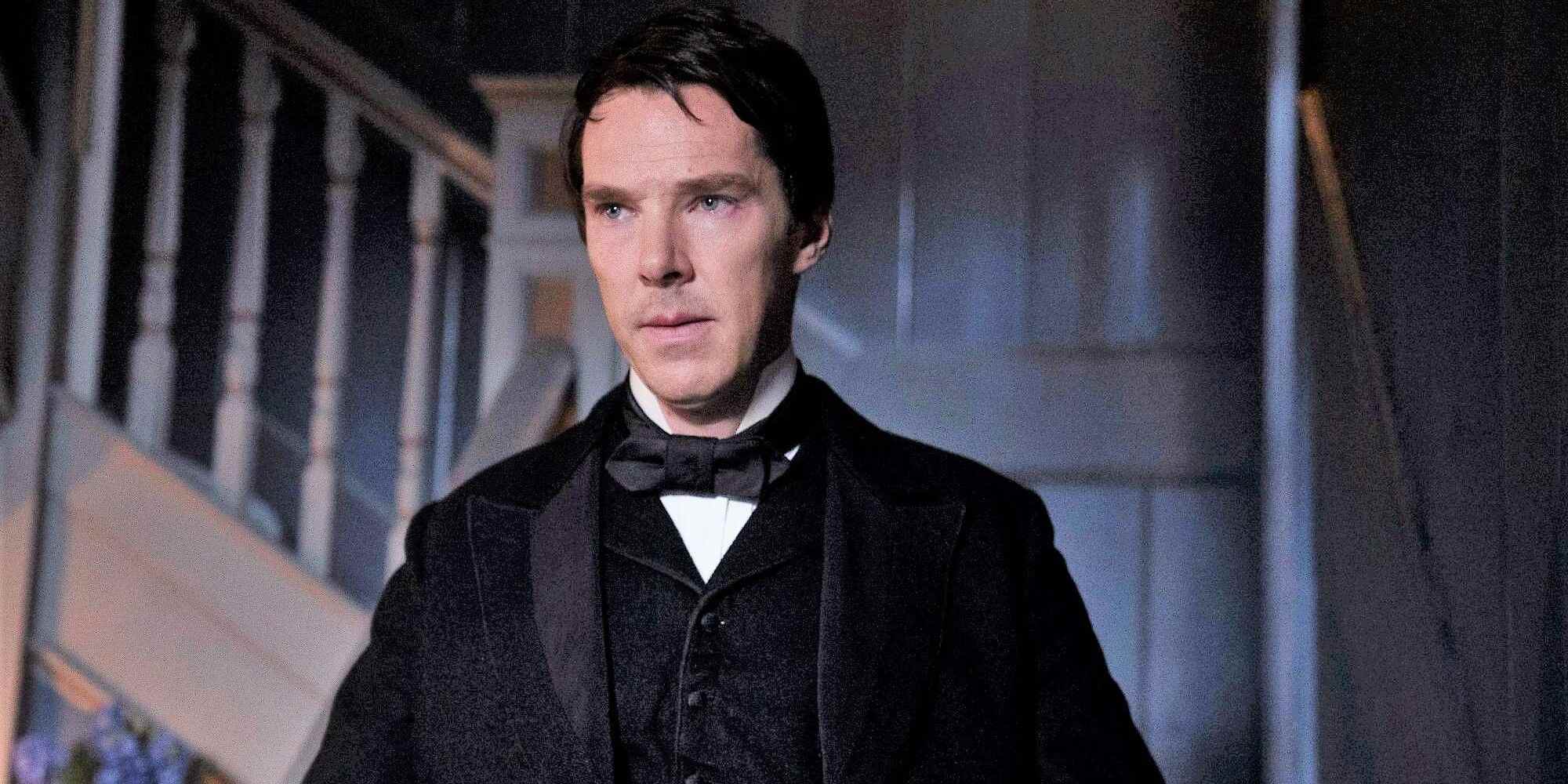
Originally intended to be distributed in 2017 by The Weinstein Company, this Thomas Edison and George Westinghouse biopic was shelved after the Harvey Weinstein sexual abuse allegations. While it was finally released in 2019, with some reshot footage and ten minutes shaved off, The Current War still plays like the death-rattle of Weinstein era awards-bait, a middlingly respectable period film with unfortunately low-wattage.
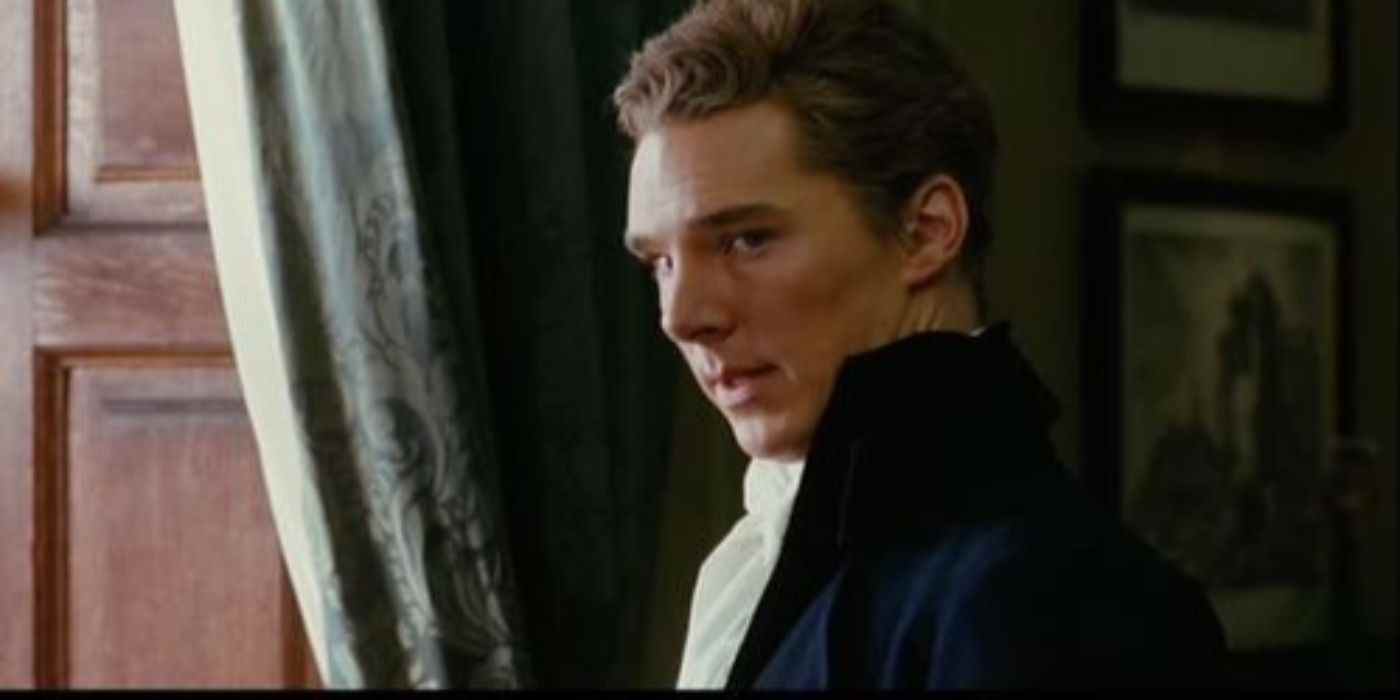
This respectable historical drama about the end of the slave trade in the British Empire is exactly the kind of light prestige with noble intentions one might expect. However, Benedict Cumberbatch’s supporting turn as William Pitt the Younger steals the entire show, earning the actor a London Film Critics’ Circle award nomination for Best Breakthrough Actor.
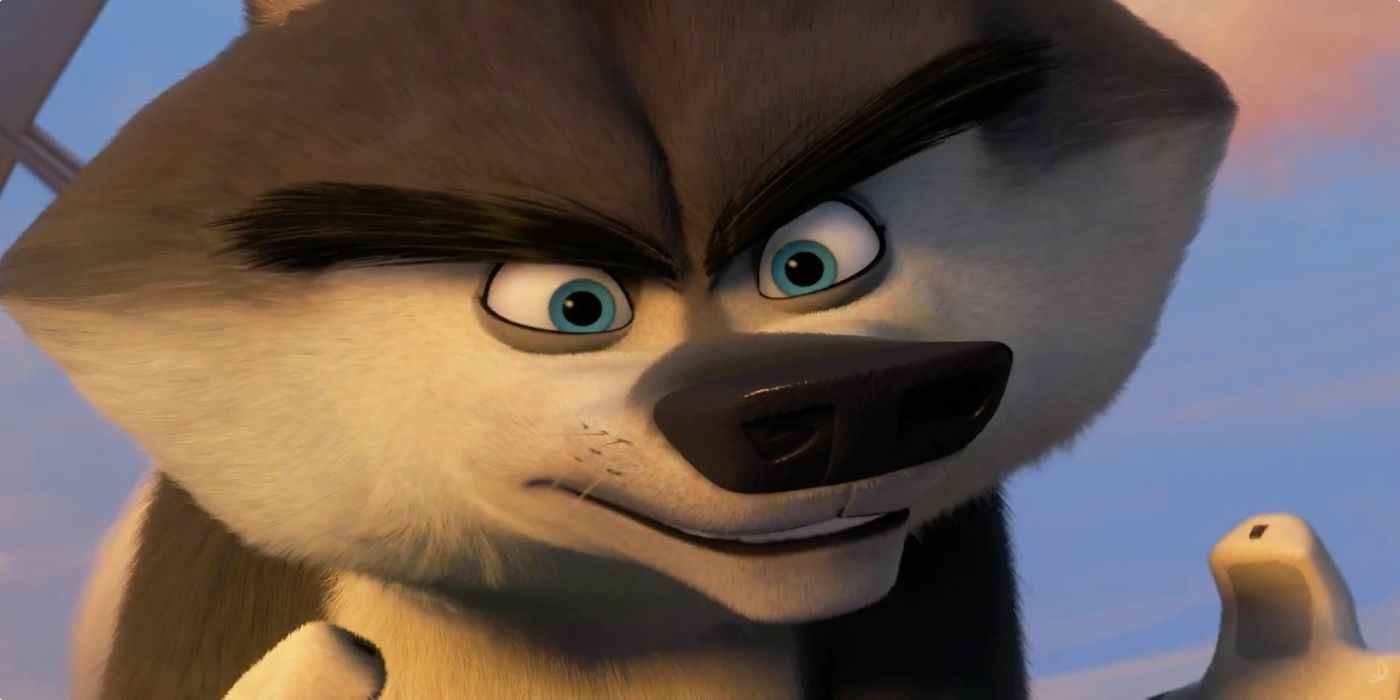
For one brief shining cultural moment, there was nothing more bankable than this quartet of flightless birds from the Madagascar films. Their debut solo movie is basically a glorified babysitter, 91 minutes of colorful entertainment guaranteed to give kids a few laughs and parents a headache. Chief among its pleasures is Benedict Cumberbatch’s turn as Classified, the wolf leader of an inter-species intelligence agency.
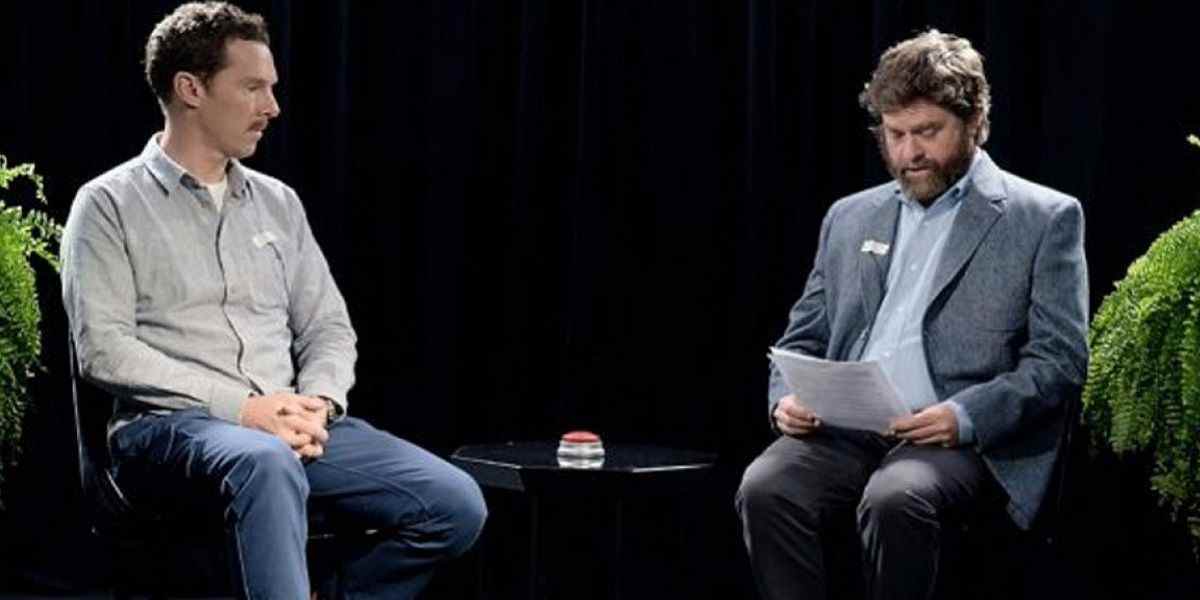
Zach Galifianakis took his hysterical interview show to the road in this feature-length spin-off. The attention-holding boundaries of stretching a web series into a film are inevitably put to the test, but this is ultimately still no less comedically satisfying than the Saturday Night Live film adaptations of the 90s. Benedict Cumberbatch, like many of the film’s celebrity cameos, is a great sport, casting quiet looks of despair toward the cameras as Galifianakis repeatedly butchers his name, finally settling on Benadryl Cumberbash.
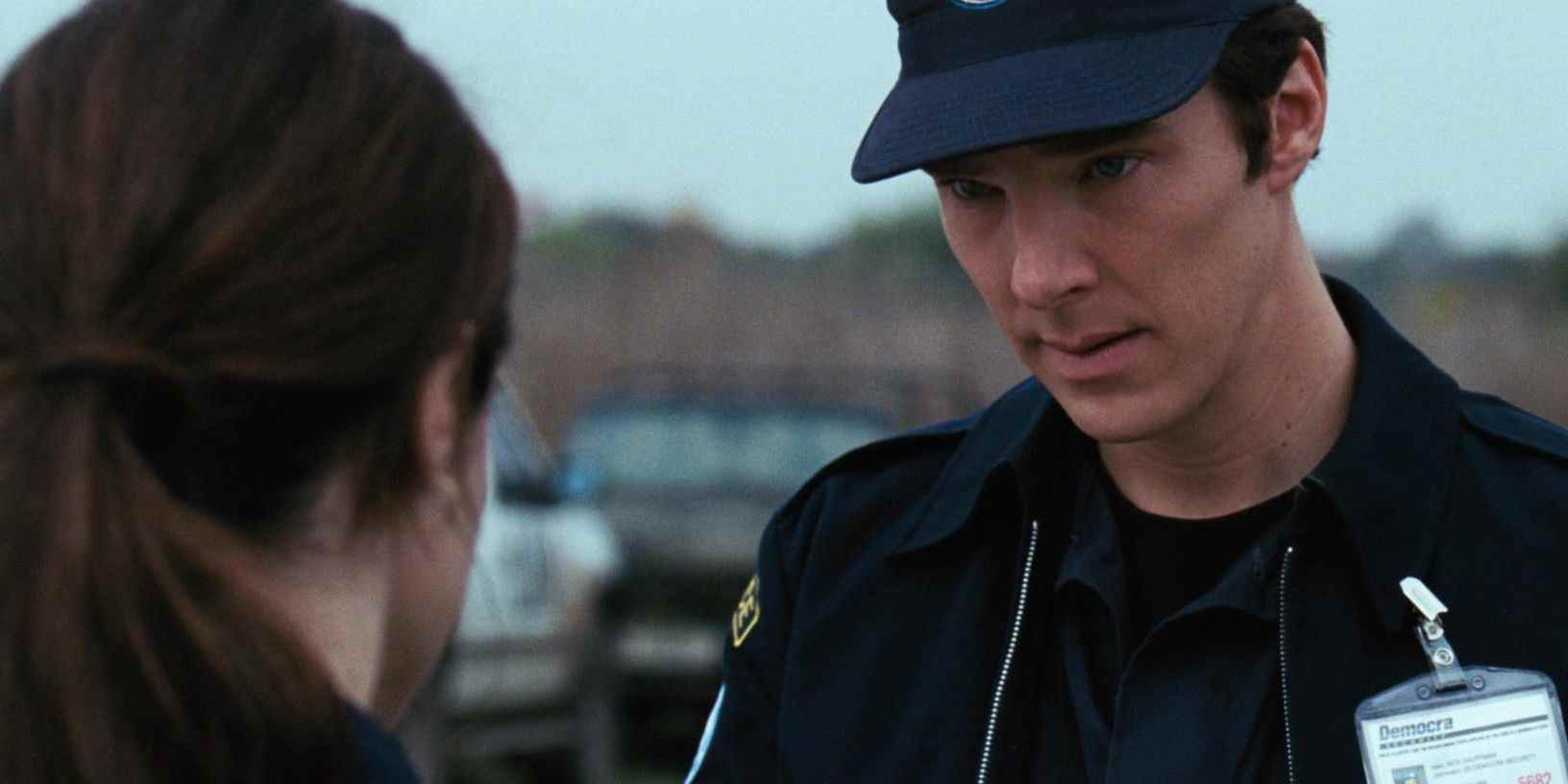
The Whistleblower, released in 2010, starred Rachel Weisz as Kathryn Bolkovac, a Nebraska cop who ends up working for a U.N. security contractor in Bosnia. While there, Kathryn uncovers evidence of both human trafficking, and a U.N. attempt to cover it up. Based on a true story, The Whistleblower is a good movie, and would likely be higher on this ranking if it featured some more Cumberbatch. As it is, he only appears for a few scant minutes as Nick Kaufman, another American cop she ends up working under overseas, although his role is still memorable.
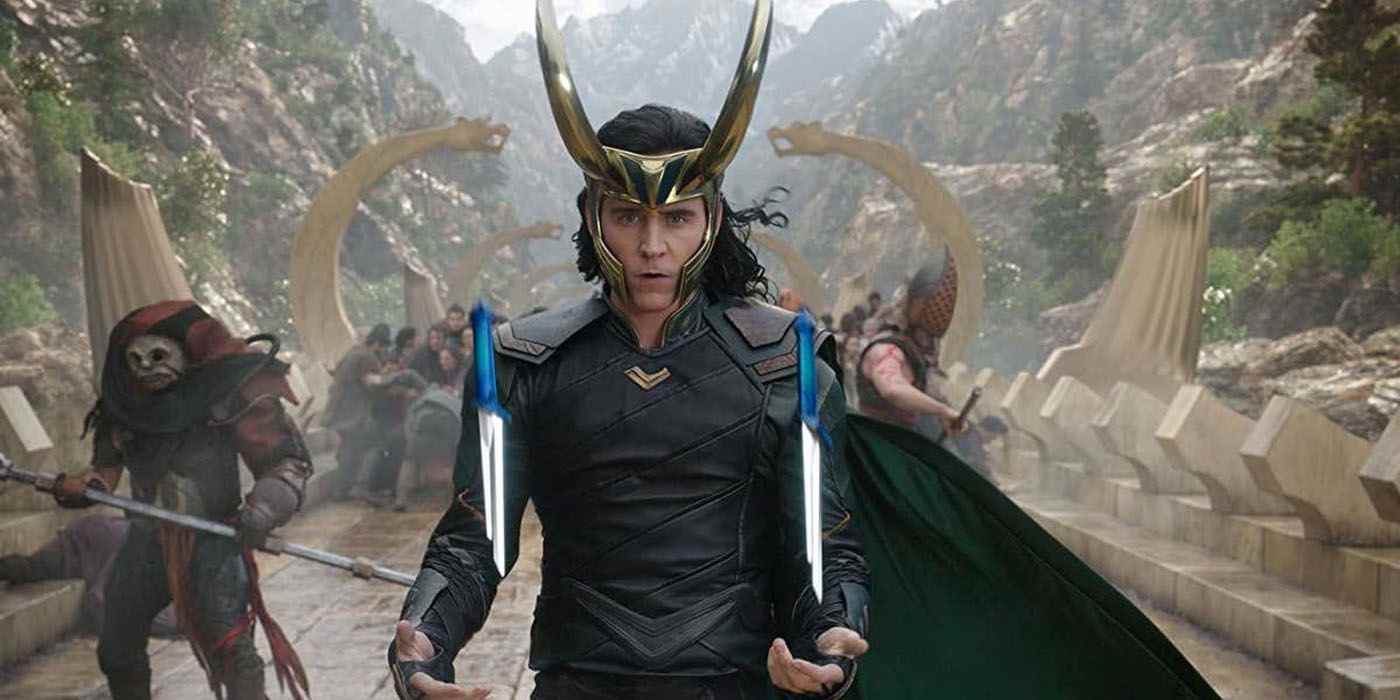
Cumberbatch only makes a brief appearance here, reprising his lead role from the then-recently-released Doctor Strange, but this is predictably mostly the Thor show. Taika Waititi’s cinematic take on hammer-wielding god Thor is certainly a fan favorite, but its smug sense of humor and “anything for a laugh” sensibility can become grating, and the film is bizarrely lacking in the signature balance of humor and humanity Waititi usually brings to movies like What We Do in the Shadows, Hunt for the Wilderpeople, and Jojo Rabbit.
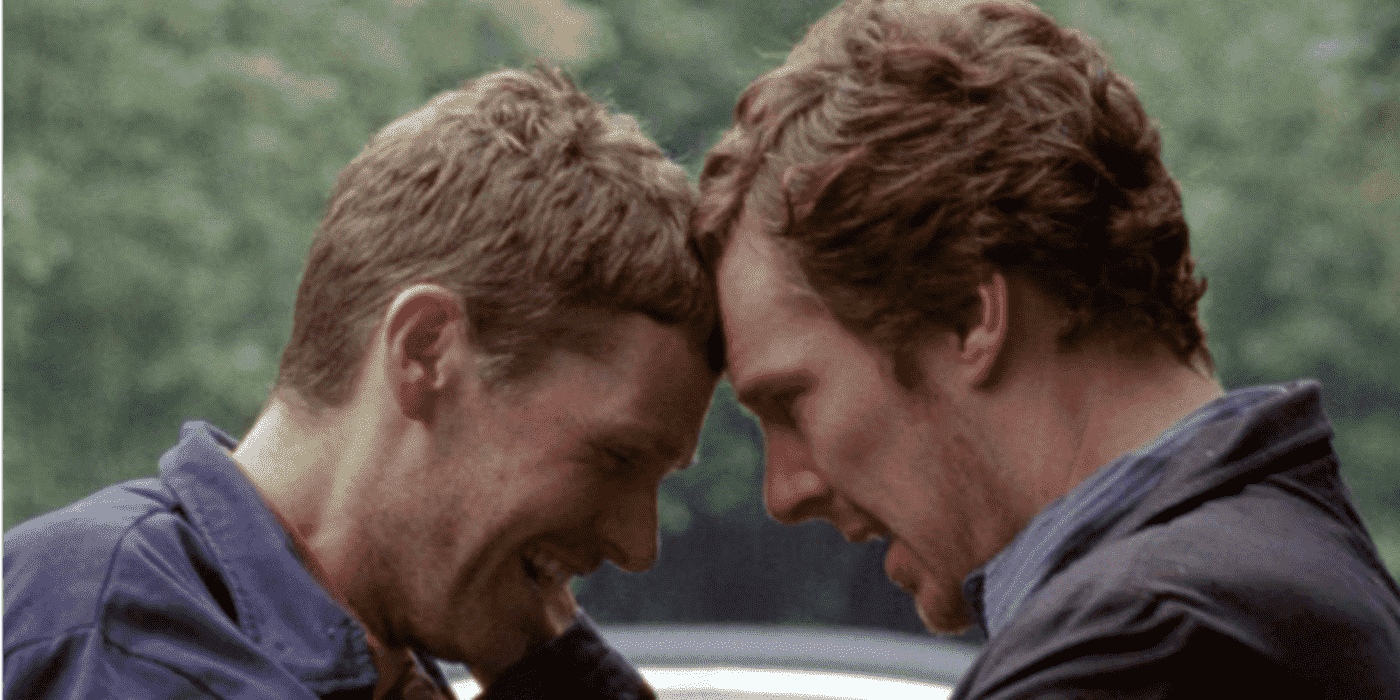
A remarkably assured debut from British filmmaker Dictynna Hood, Wreckers stars Benedict Cumberbatch and Claire Foy as married couple David and Dawn, whose fresh start in the countryside is shaken up by the appearance of David’s disturbed younger brother. Old secrets are brought to the light and sibling rivalry rears its head in this tense little thriller guided by Hood’s direction and anchored by a phenomenal trio of performances.
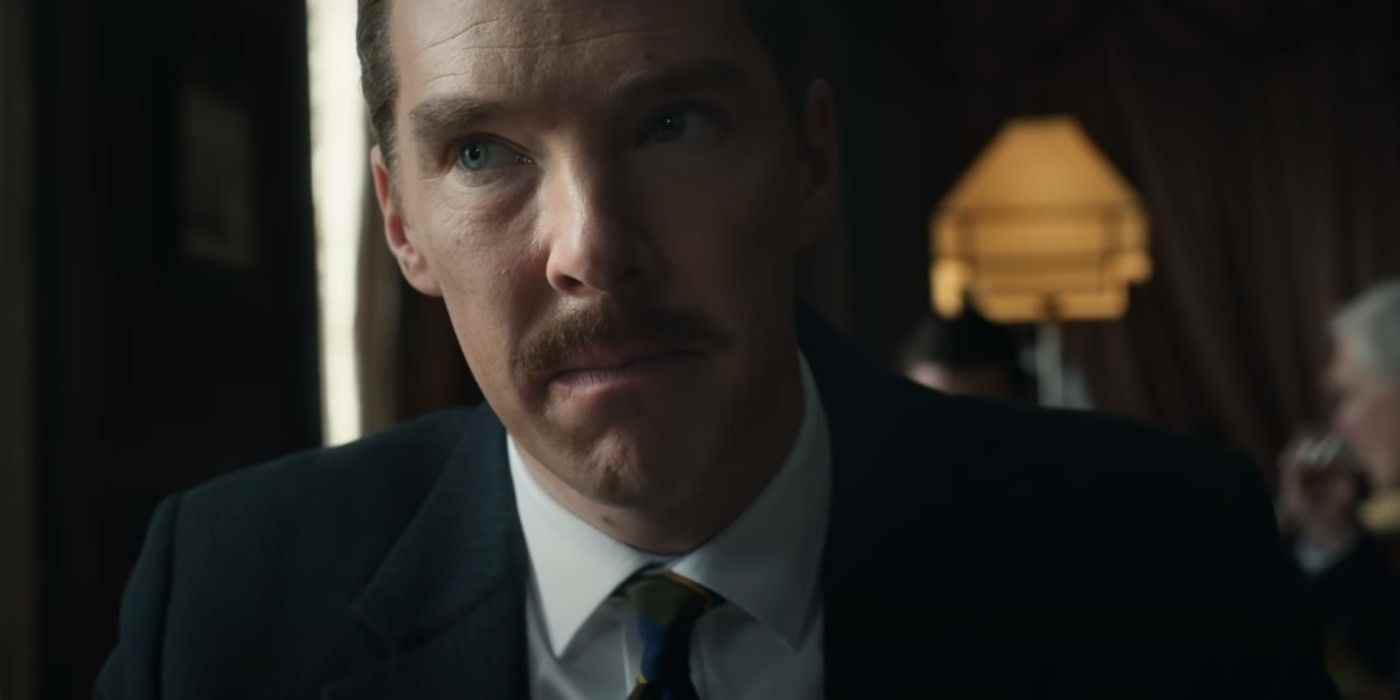
Benedict’s latest seems him shedding the cloak and superhero status in a potent reminder of the actor’s sheer craft. As British businessman-turned-spy Greville Wynne, he gives a tense, star performance, grounding this old-fashioned tale of spycraft with A-list appeal. Director Dominic Cooke’s film isn’t likely to become a staple of the genre, but he’s wise to eschew globe-trotting setpieces for a more personal story of friendship and loyalty saving the world.
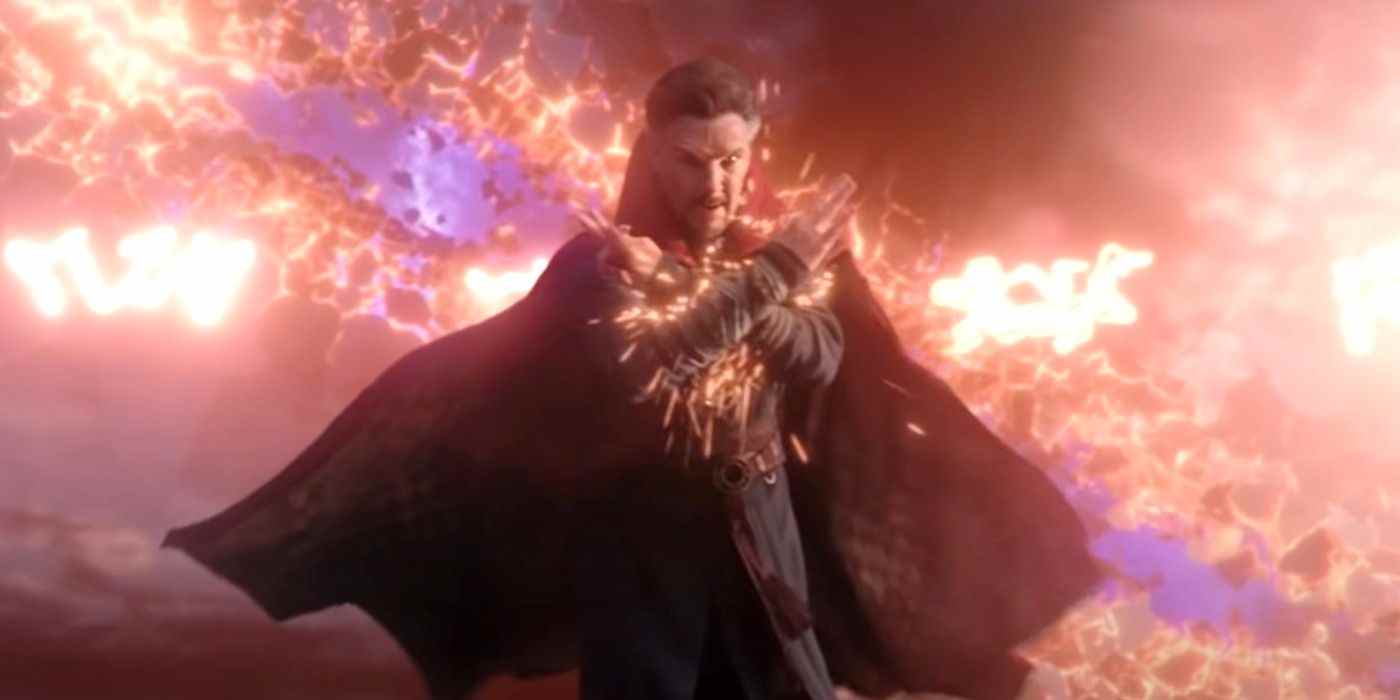
One of the best-received movies in recent memory, Spider-Man: No Way Home would be higher on this list of Benedict Cumberbatch movies if Cumberbatch’s Doctor Strange had played a bigger role in the proceedings. While he was featured heavily in the marketing, and does play an important part in the story, Strange gets sidelined inside the mirror dimension for a large portion of the running time. Still, Spider-Man: No Way Home is a great movie, one of the best the MCU has produced, and Cumberbatch is great in it as Strange, the not quite Sorcerer Supreme desperately trying to stop the rest of the multiverse from invading the main MCU world. His interplay with Tom Holland’s Peter Parker is also alternately funny and heartbreaking, whenever the situation calls for it, and the two actors play off each other splendidly. Cumberbatch won’t have long to wait to get the full spotlight back though, thanks to May 2022’s Doctor Strange and the Multiverse of Madness, which will see the “wizard” engaging in more multiversal shenanigans alongside Scarlet Witch, herself coming off WandaVision on Disney+.
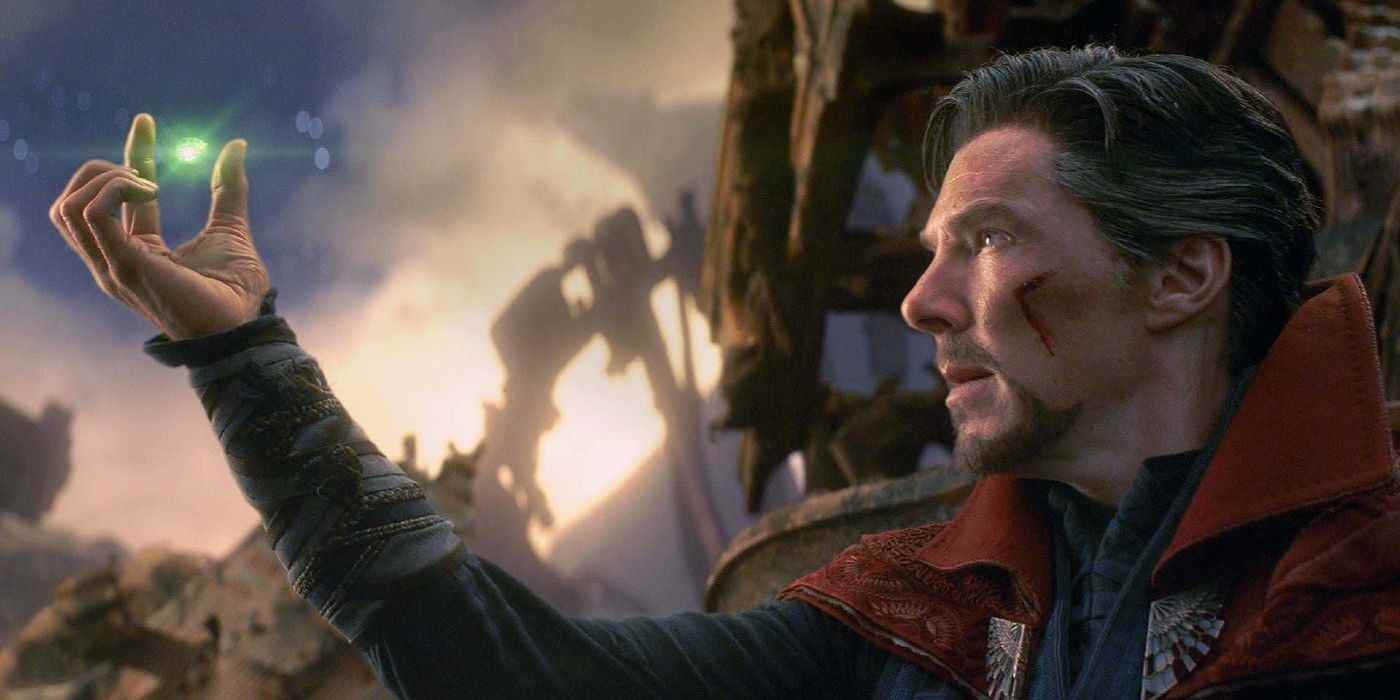
Cumberbatch’s Doctor Strange is one of the characters “snapped” by Thanos at the end of the Russo Brothers’ bombastic Infinity War, which throws nearly every Marvel Cinematic Universe character into the mix and lets them bounce off each other for nearly three hours. Fans are certain to enjoy, despite the film’s slightness; with so many characters, there’s not enough time with any of them to really focus or care.
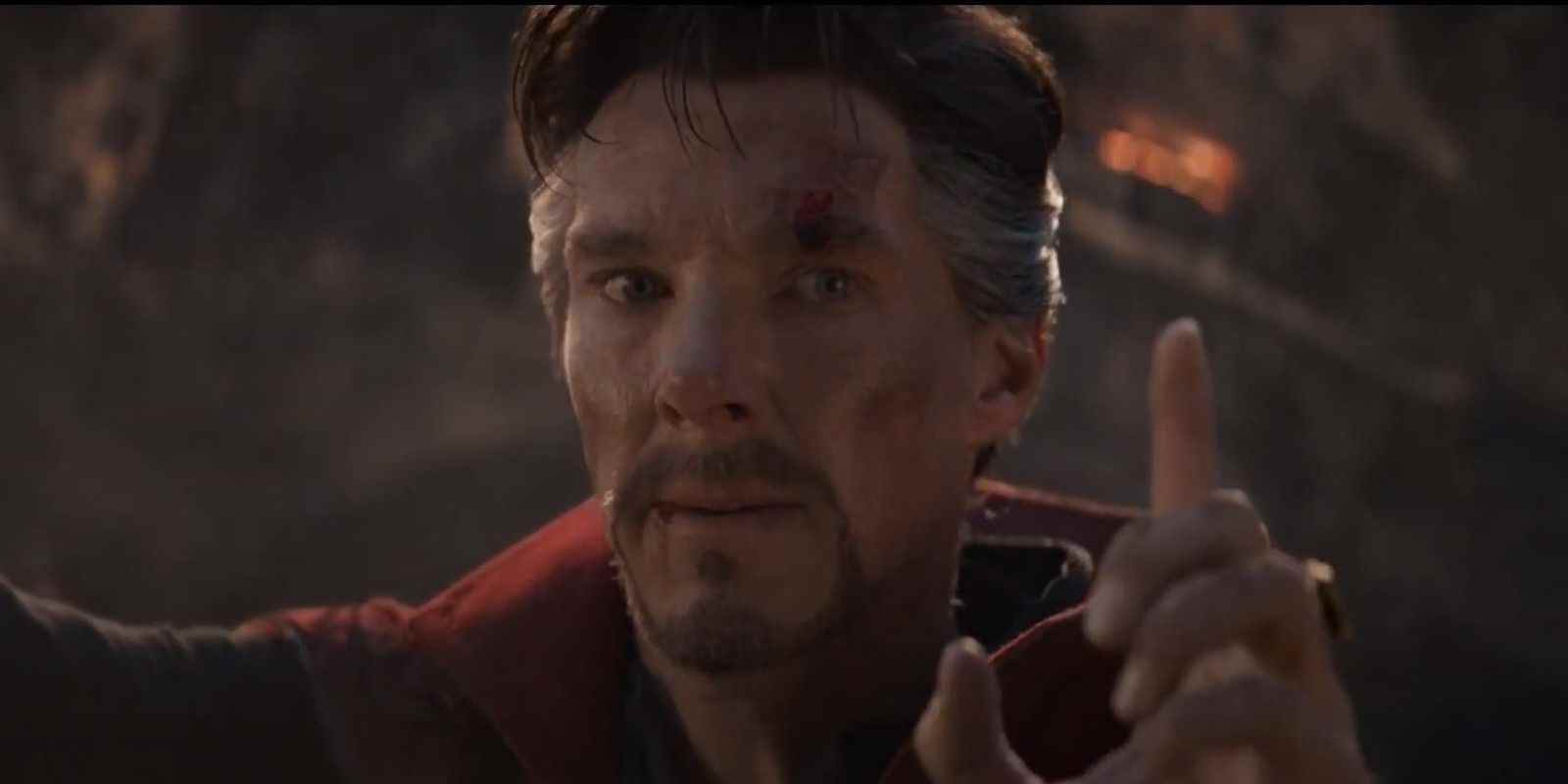
No amount of criticism could stop the MCU’s rabid fans from loving every minute of this climactic installment, which is as much a warm hug from Kevin Feige and company as it is a finale to this cycle of the franchise. It’s true the first two hours are somewhat overstuffed with fan service and hand-wavey time travel shenanigans, but the return of the lost Avengers through the portals, featuring Benedict Cumberbatch’s Doctor Strange, is the type of genuinely rousing blockbuster moment for which people go to the movies.
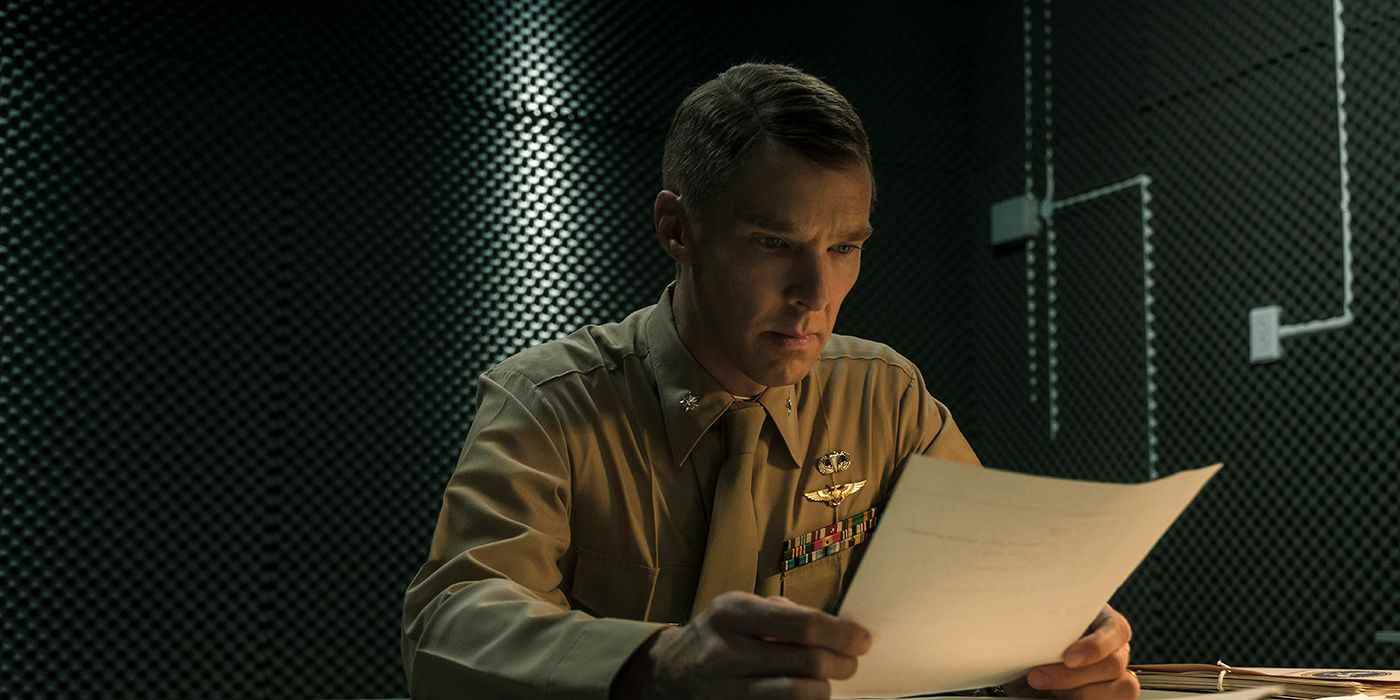
The Golden Globe-nominated drama The Mauritanian centers on the true-life legal struggles of Mohamedou Ould Salahi, who was held for 14 years without charge in Guantanamo Bay. Cumberbatch plays military prosecutor Lt. Colonel Stuart Couch, who assists dogged defense attorney Nancy Hollander (a Golden Globe-winning performance by Jodie Foster) in uncovering a government conspiracy and bringing Salahi justice. While The Mauritanian often transforms a gripping real-life story into generically-inspirational Oscar-bait, it’s often elevated by its performances, most of all Tahar Rahim’s as Salahi.
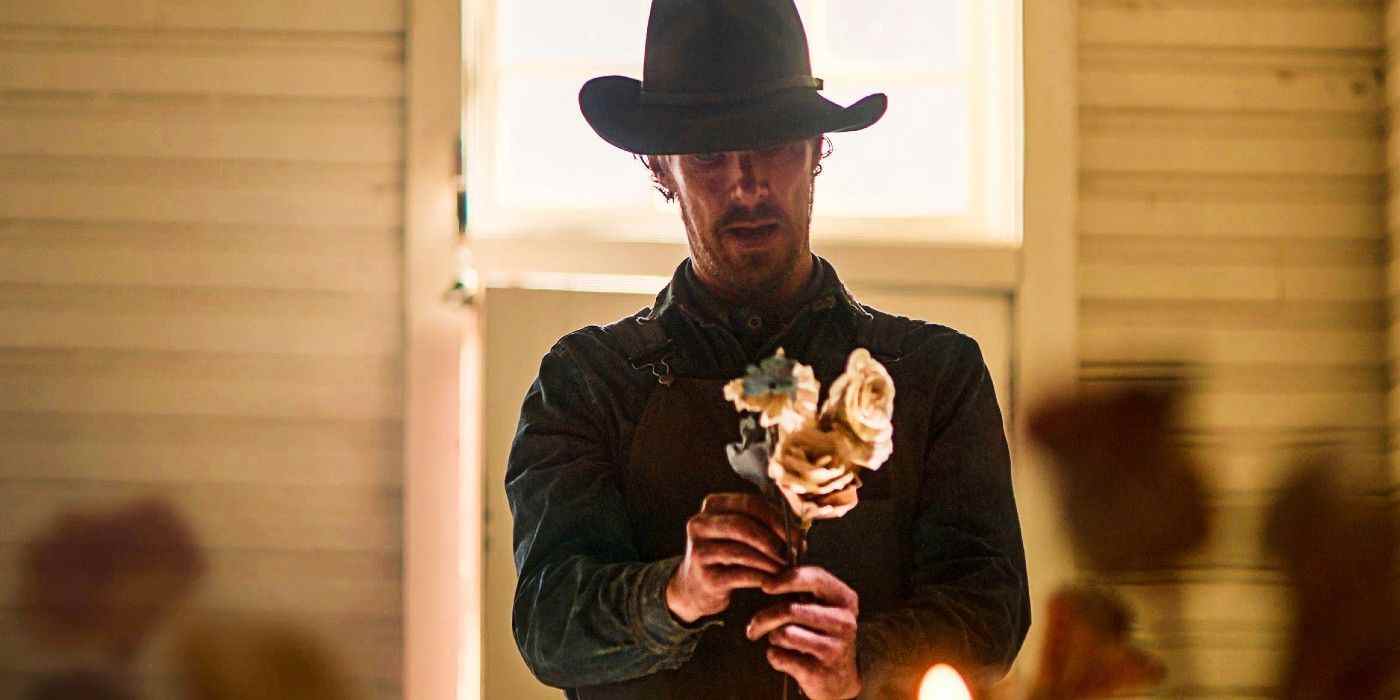
Cumberbatch ventured back into western movie territory with 2021’s The Power of the Dog, written and directed by Jane Campion, and based on a 1967 book by author Thomas Savage. Distributed in most of the world as a Netflix original western movie, The Power of the Dog is definitely one of the streaming giant’s most critically acclaimed films to date, although the verdict on it from viewers has been a bit more mixed. What most do seem to agree on is that Cumberbatch gives a great lead performance as rancher Phil Burbank, a rather difficult man to be around, to the say the least. Phil does eventually form a surprisingly close bond with Peter, the young son of his brother’s new wife, although said bond edges into being inappropriate at times. Cumberbatch does so well as Phil that many industry prognosticators see an Oscar nomination in his future, and more for the film itself, which subverts common western movie tropes.
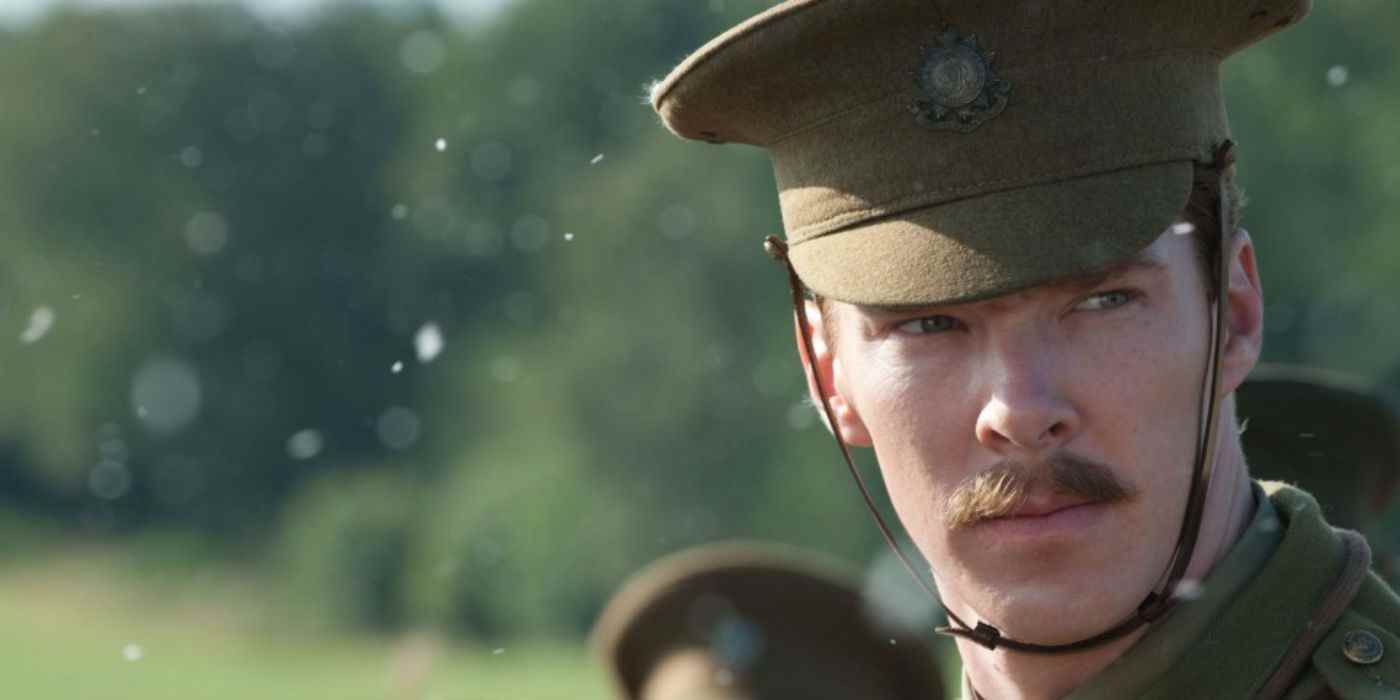
This children’s book-turned-Tony Award-winning play-turned Oscar-nominated film War Horse is pure unabashed Spielberg schmaltz, riddled with clichés and sentimentality. That said, if any director must tell the story of a horse’s journeys throughout Europe during World War I, it may as well be Spielberg, who brings his usual sprawling sense of majesty and scale to a film likely to bring audiences to tears, even if they’re kicking themselves while crying. Cumberbatch rounds out an ensemble cast, playing a British officer whose battalion uses the titular horse.
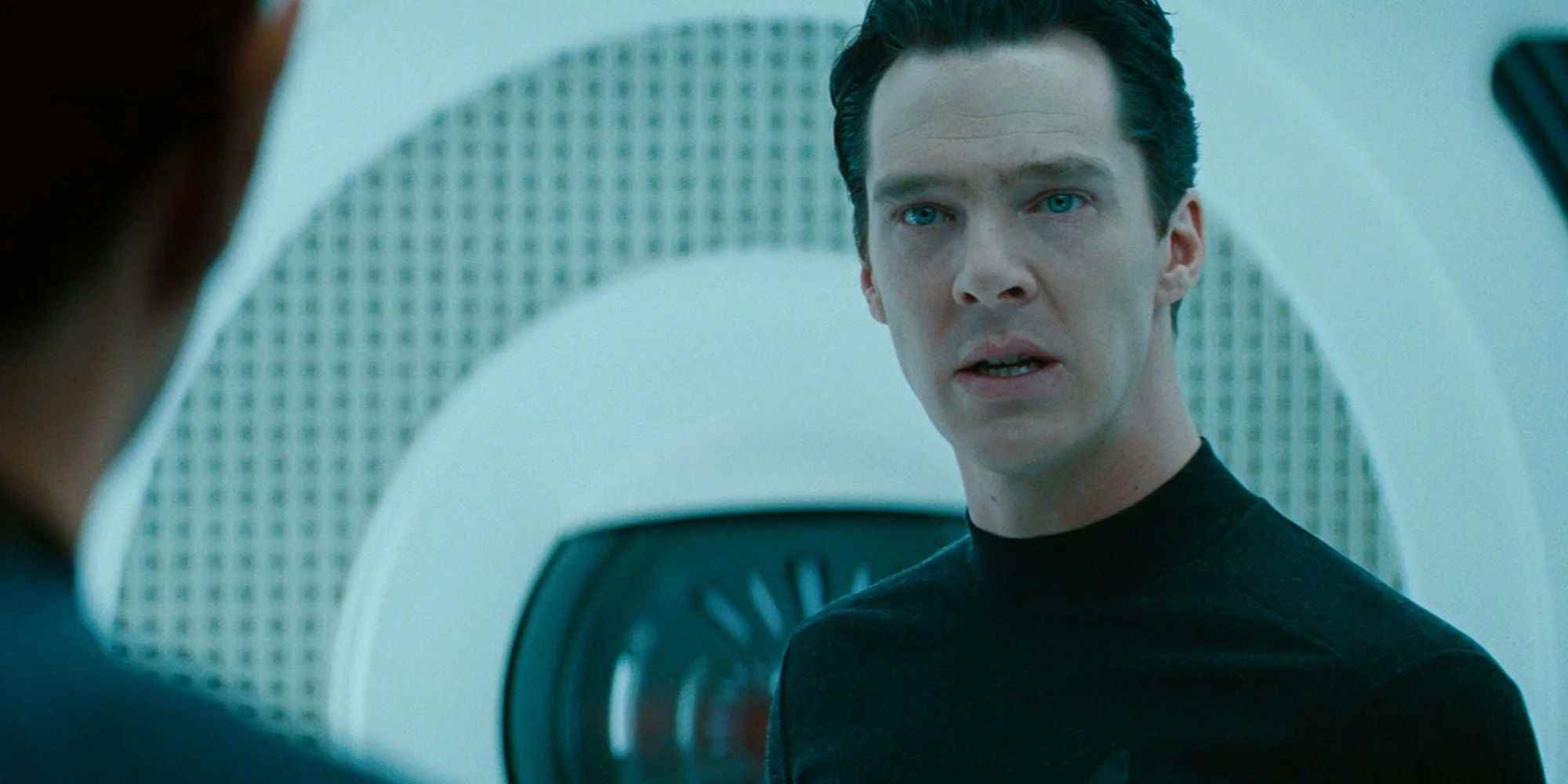
Nobody was fooled when it was revealed major zeitgeisty actor Benedict Cumberbatch would be playing the role of “John Harrison” in J. J. Abrams’ Star Trek followup. Despite studio protestations, there was little doubt the British actor would be filling the shoes of Ricardo Montalban as Khan. Thankfully, Cumberbatch doesn’t disappoint, delivering an admirable slice of ham as the cold and cunning genetically-engineered superhuman, even if the surrounding film is a fairly limp and uninspired remake of The Wrath of Khan.
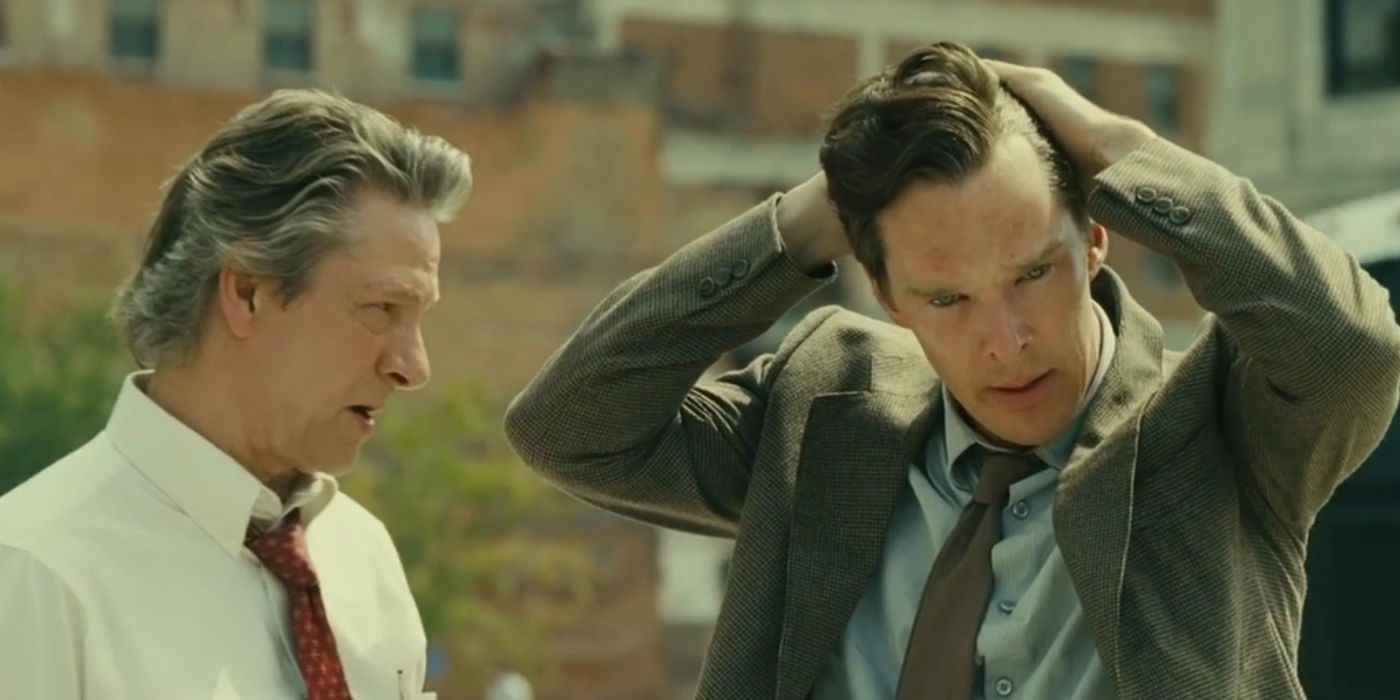
This John Wells film arrived on the heels of its Tony and Pulitzer Prize-winning source material with a bit of a whimper. Though it boasts a stacked cast led by Meryl Streep and Julia Roberts (both received Oscar nominations), the film demolishes the communal joys of this lengthy, black-as-bile family dramedy audiences experienced on Broadway, transforming it into a fairly charmless, mean-spirited shouting match between Hollywood’s greatest actresses. The one bright spot is Benedict Cumberbatch’s touching performances as Little Charles, who (together with Julianne Nicholson) gives the film a much-needed heart.
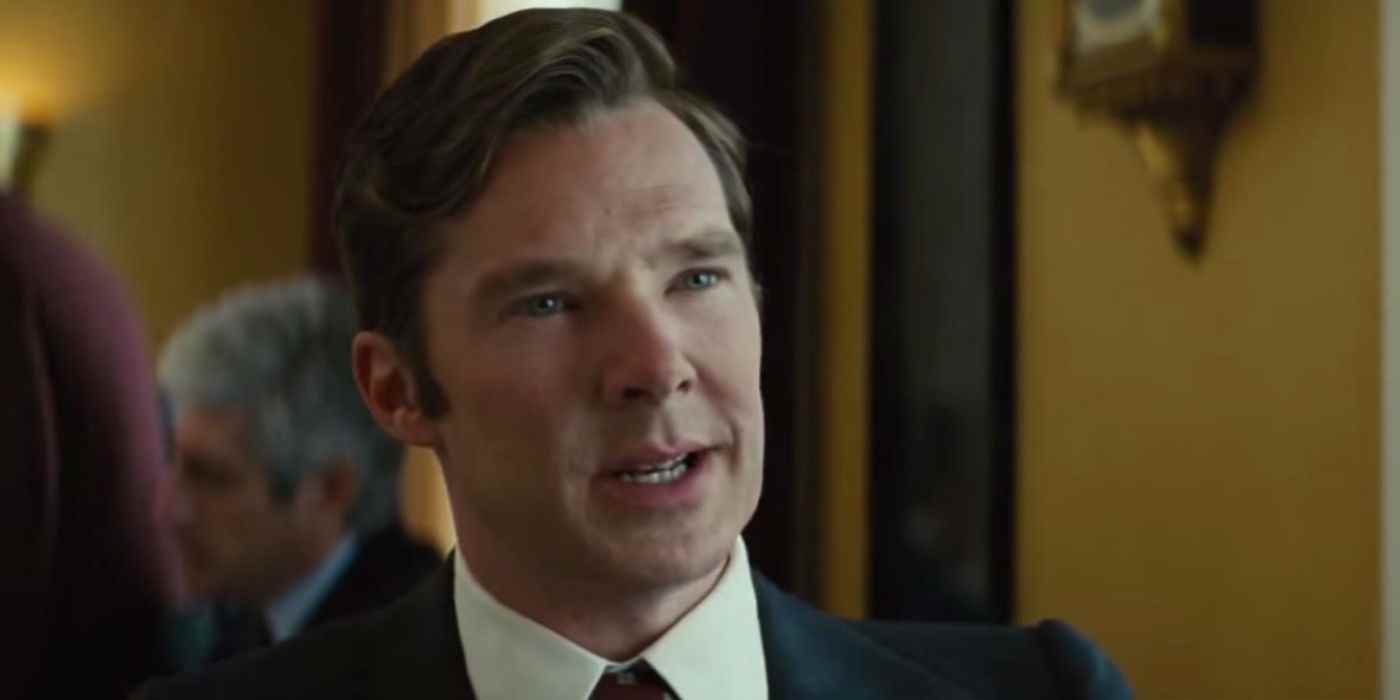
2015’s Black Mass was framed as a career comeback for Johnny Depp, whose makeup-caked turn as James “Whitey” Bulger felt like a late-career Oscar play, and became one of many times Depp has played a real person. However, it’s Benedict Cumberbatch as Whitey’s brother Billy who walks away with the film. Sporting a solid Boston accent, his attempt to juggle his role as Massachusetts Senate President with the criminal activities of his brother gives the mostly-underwhelming movie some much-needed heat.
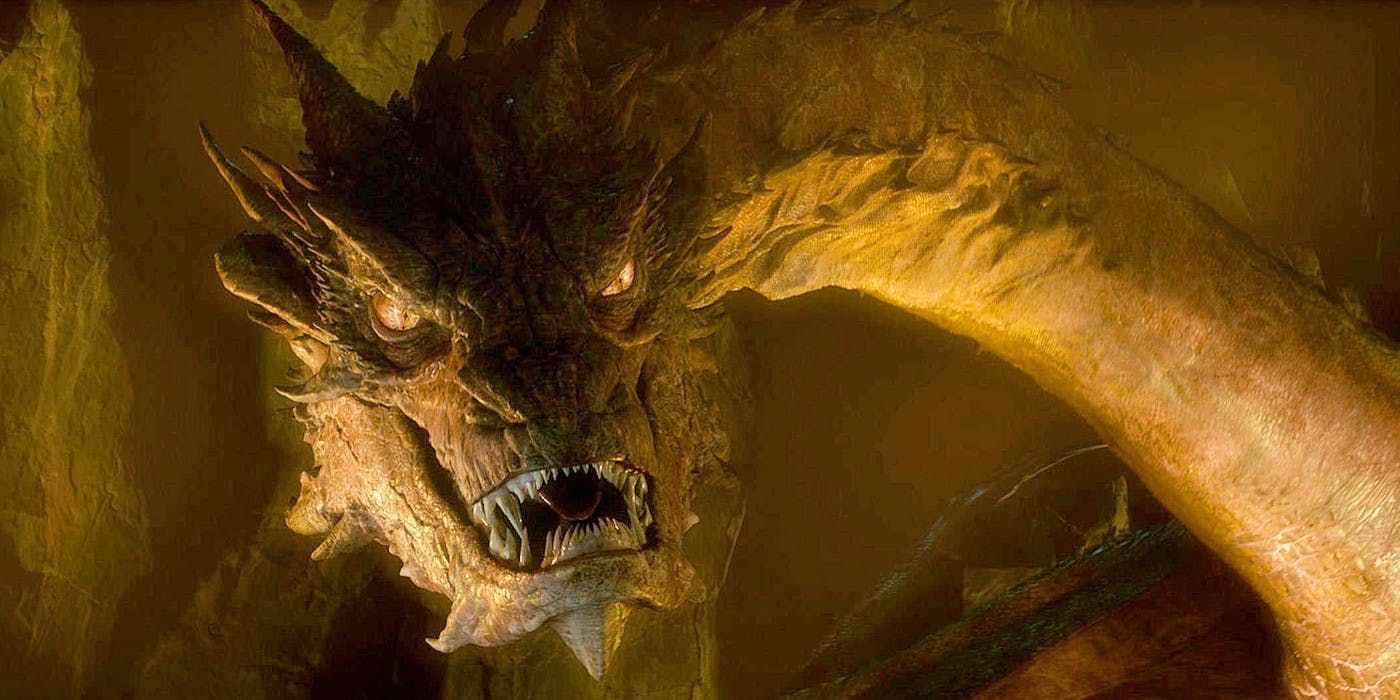
An Unexpected Journey started this unnecessary trilogy off strongly enough, but its second entry soon reveals the series’ worst flaws, namely moving the focus too far away from the titular hobbit and padding out the narrative with unncessary connective tissue to The Lord of the Rings. Things come wondrously alive in the film’s centerpiece sequence, however, which reunites Cumberbatch with his Sherlock co-star Martin Freeman in the most unlikely manner possible, via Cumberbatch’s first turn as Smaug. The notion of the actor crawling around in a motion-capture suit pretending to be a dragon may be almost laughable, but the result is a bravura setpiece, wonderfully performed by an underrated CGI creation and smartly staged by Jackson.
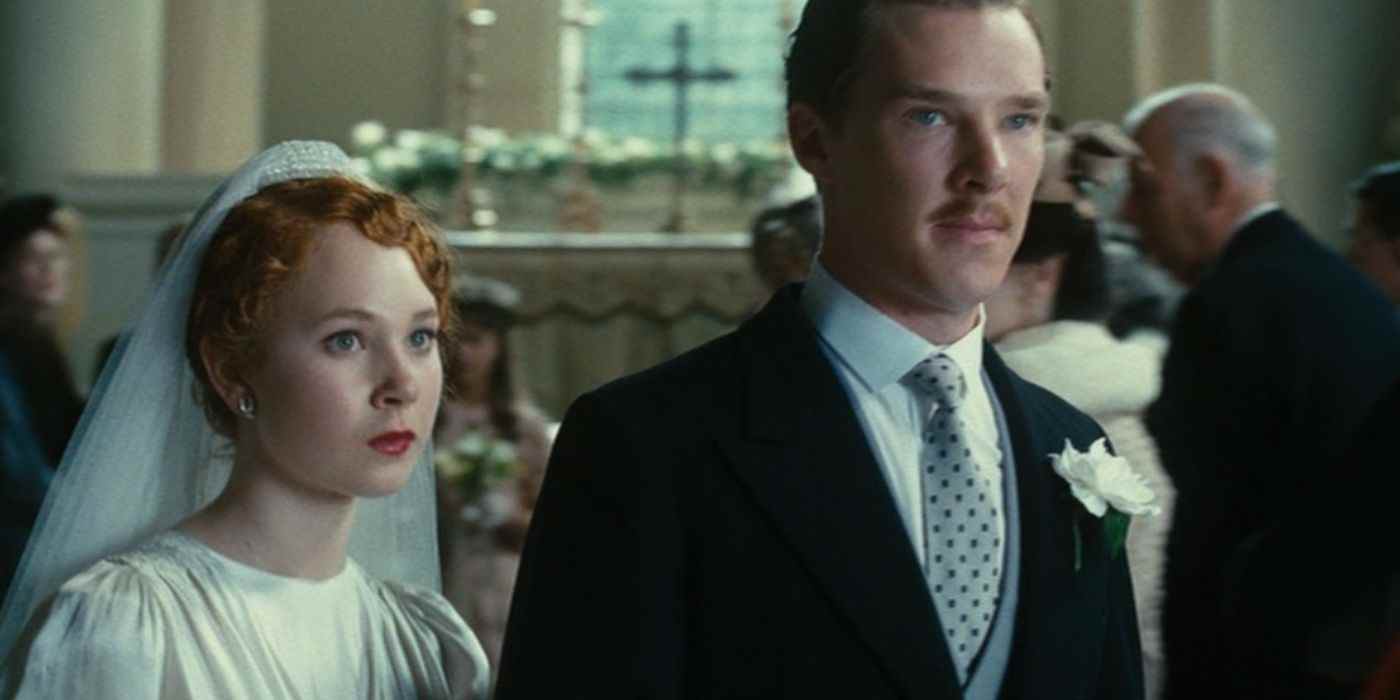
Saoirse Ronan’s Briony is often remembered as the villain of 2007’s Atonement, but the true menace at the center of this Academy Award-nominated period piece is Benedict Cumberbatch’s Paul Marshall, whose sexual assault of Briony’s 15 year-old cousin Lola is mistaken to be perpetuated by James McAvoy’s Robbie Turner. Cumberbatch’s performance is pure evil, in a repugnant turn that also capitalizes brilliantly on the actor’s remarkable penchant for sneering superiority.
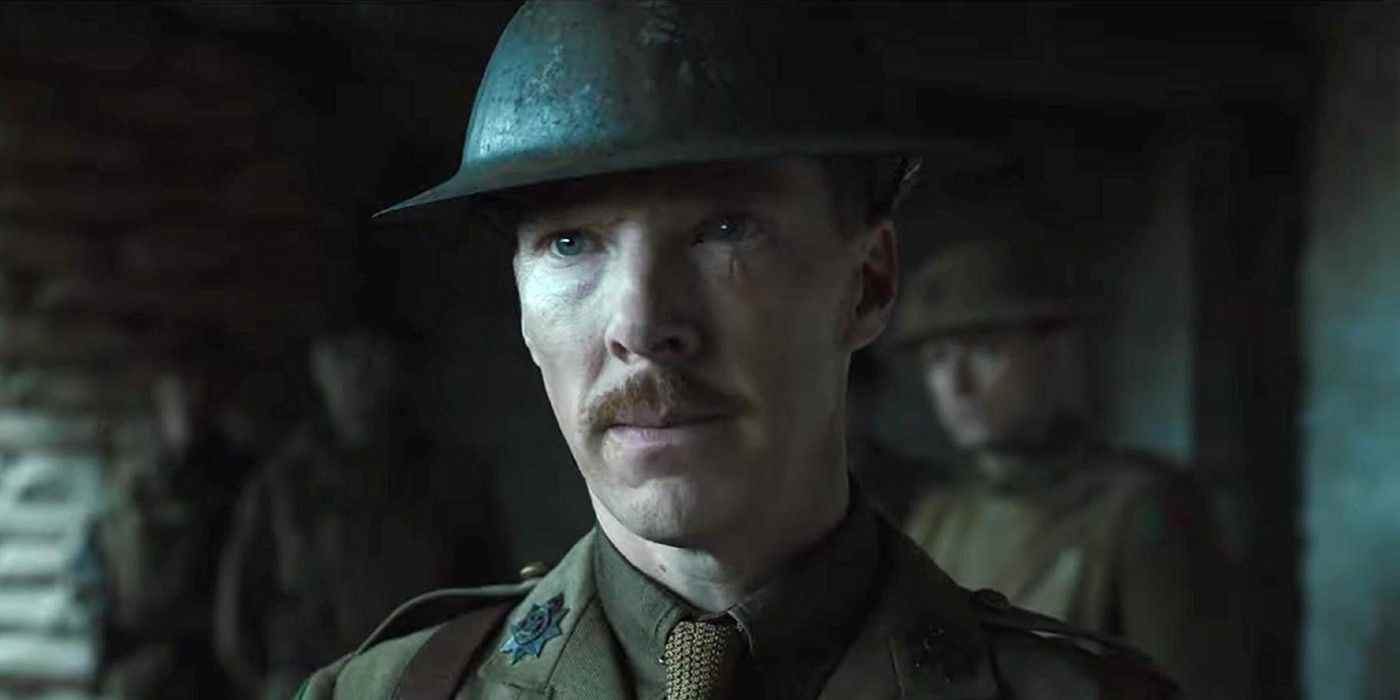
Cumberbatch is onscreen for less than five minutes of Sam Mendes’ World War I epic, but his role looms over the entire film. Cinematographer Roger Deakins won an Oscar for his stunning camerawork, which follows two young British soldiers across enemy lines in a simulated one-shot as they attempt to call off an ill-fated attack. Their journey is punctuated by run-ins with various British stars which lend the film more and more gravitas as it trucks along, but arguably the best is saved for last, with Cumberbatch’s reluctant resolve to call off the attack rendered magnificently.
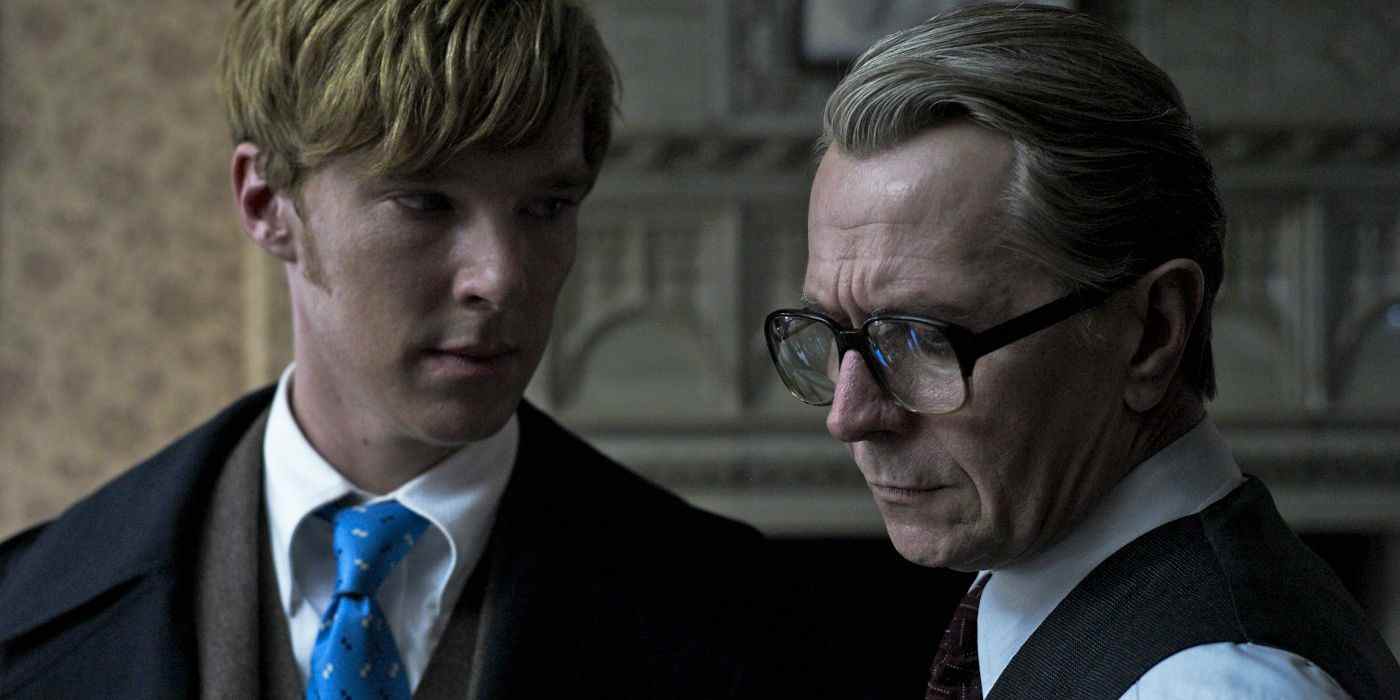
Gary Oldman received a belated first Oscar nomination for this screen adaptation of the John le Carré novel of the same name, playing George Smiley and leading an ensemble that also includes Colin Firth, Tom Hardy, John Hurt, and Mark Strong. After making waves in Sherlock but before becoming a part of the Marvel Cinematic Universe, Benedict Cumberbatch plays Smiley’s chosen partner Peter Guillam, capitalizing on one of his greatest but mostly unheralded skills, his sensitivity and soulfulness.
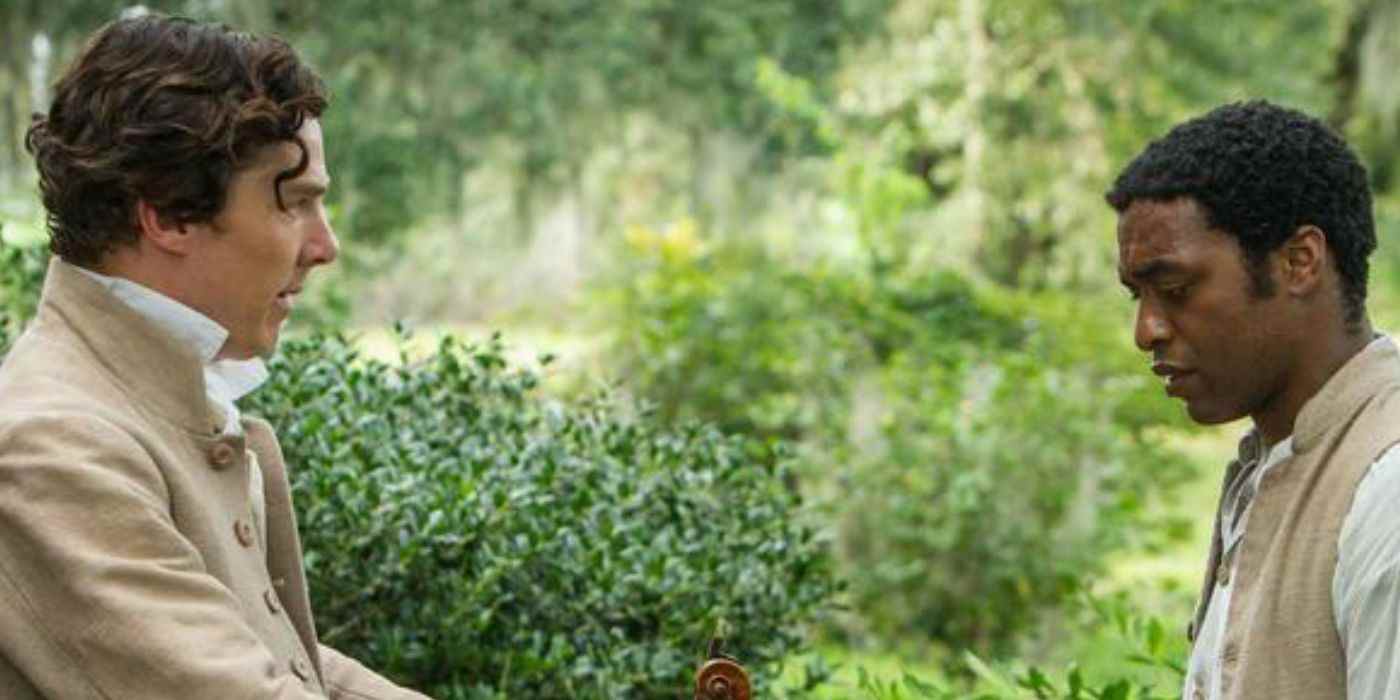
Acclaimed director Steve McQueen’s 12 Years a Slave is one of the most essential, harrowing American films of the 21st century, a brutally-authentic and horrifying portrayal of slavery based on the memoirs of freeman Solomon Northrup and featuring astonishing turns from Chiwetel Ejiofor and Lupita Nyong’o. Cumberbatch’s role as William Ford is small but potent, a welcome bit of warmth in the midst of Northrup’s journey, despite being a slave owner himself. Tender and conflicted, Cumberbatch beautifully plays a man compassionate enough to see the error of his ways, but too cowardly to do the right thing.
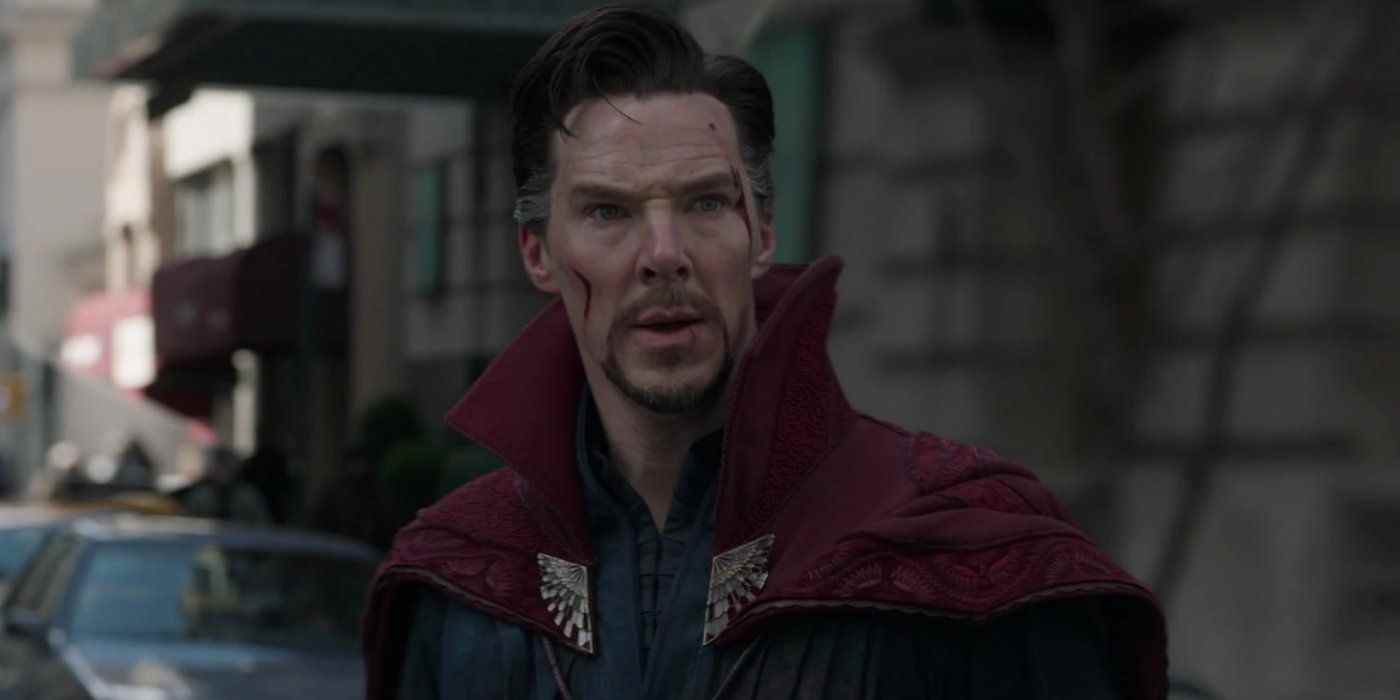
For better or worse, to become a part of the sprawling Marvel Cinematic Universe is to don the costume of the role for which one will be remembered, and Benedict Cumberbatch’s portrayal of Doctor Strange is no exception. The actor’s otherworldly looks and skill for communicating superior intelligence were a perfect match for this multi-dimensional wizard, and his debut film saw him assimilating effortlessly into the already-sprawling cast of MCU mainstays, aided by some spectacularly trippy Academy Award-nominated visual effects. After only featuring in supporting roles in the five-plus years since, Cumberbatch’s Strange will finally get another solo adventure in 2022’s Doctor Strange in the Multiverse of Madness.
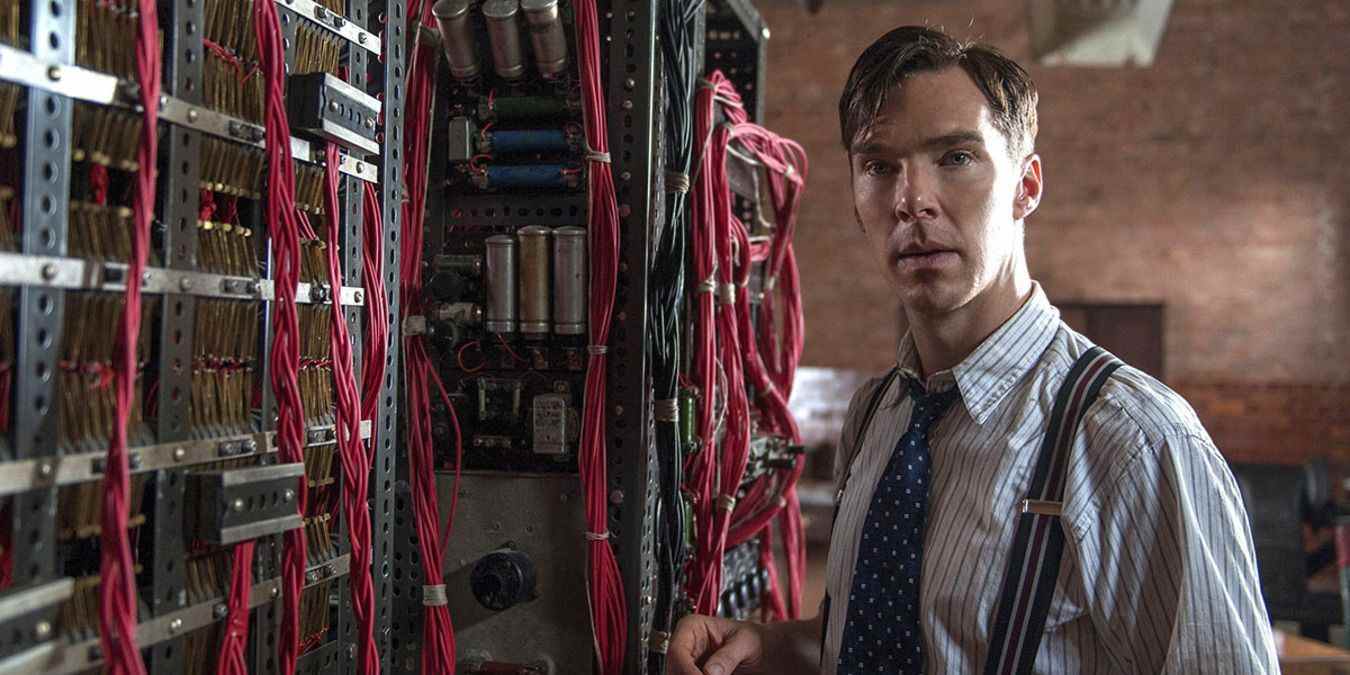
Benedict Cumberbatch’s lone Oscar nomination is justifiably for his most captivating performance. Alan Turing, the Cambridge mathematician who broke Nazi code and helped win World War II, provides the actor with the perfect vehicle for all the skills he’d been applying in scene-stealing supporting roles. His twitchy arrogance and his unparallelled talents at portraying genius are all on hand, fading into a raw helplessness when, after the war is won, Turing is imprisoned for being outed as gay. The Oscar campaign for the film was famously “Honor the man, honor the film,” and while it only walked away with a Best Adapted Screenplay win, Benedict Cumberbatch‘s performance sheds much-needed light on the hidden life of a man unfairly persecuted after saving his country.
